The digital age has ushered in unparalleled convenience and opportunities for businesses. However, it has also brought forth a new era of threats. Cyberattacks can have devastating consequences, ranging from financial losses to reputational damage. This is where Vulnerability Assessment and Penetration Testing (VAPT Testing) comes into play.
In an age where the internet is integral to our daily lives, the security of digital assets is a paramount concern. Businesses, both large and small, rely on digital infrastructure for their operations, making it essential to protect this critical resource. VAPT testing, often referred to simply as VAPT, is a proactive and comprehensive approach to identifying vulnerabilities and fortifying digital defenses.
The Growing Need for VAPT Testing
In our rapidly evolving digital landscape, the need for VAPT testing has never been more pressing. With cyber threats becoming increasingly sophisticated, organizations can’t afford to remain reactive when it comes to their cybersecurity. The digital realm is where businesses thrive, but it’s also where adversaries seek to exploit vulnerabilities. VAPT testing is the proactive shield that businesses need to guard against these threats effectively.
Unlocking the Benefits of VAPT Testing
VAPT testing isn’t just a security measure; it’s a powerful tool for business success. In addition to safeguarding against cyber threats, it can open doors to new opportunities. Organizations that undergo VAPT testing are often viewed as reliable, secure partners in the business world. Their commitment to protecting sensitive data instills trust among customers and partners, ultimately helping them expand their reach and grow their ventures. So, embrace VAPT testing not just as a security practice, but as a catalyst for success in the digital age.
Talk to our Cybersecurity Expert to discuss your specific needs and how we can help your business.
Understanding VAPT Testing
What is VAPT?
Vulnerability Assessment and Penetration Testing, commonly known as VAPT, is a comprehensive cybersecurity approach that identifies, assesses, and rectifies vulnerabilities in a network, system, or application. It involves two key components: Vulnerability Assessment and Penetration Testing.
Vulnerability Assessment (VA):
Vulnerability Assessment is the first step in the VAPT process. It’s akin to conducting a thorough security audit. During this phase, cybersecurity experts use specialized tools to scan and analyze an organization’s digital infrastructure, applications, and network. The objective is to create a comprehensive inventory of potential vulnerabilities. These vulnerabilities can range from misconfigurations and weak passwords to known software vulnerabilities. Each vulnerability is then categorized by severity, helping organizations prioritize their remediation efforts.
Penetration Testing (PT):
Once the vulnerabilities are identified through the Vulnerability Assessment, the next phase is Penetration Testing. This phase is often equated with ethical hacking, where cybersecurity professionals attempt to exploit the identified vulnerabilities in a controlled and secure environment. The goal is to simulate real-world cyberattacks to understand the potential impact on an organization’s security.
The Synergy of VAPT
VAPT testing is more than the sum of its parts. While Vulnerability Assessment identifies potential weaknesses, Penetration Testing validates their existence and assesses the organization’s readiness to counteract actual threats. By merging these two critical processes, VAPT testing provides organizations with a comprehensive view of their digital vulnerabilities and a practical understanding of the potential risks.
The Power of VAPT Testing
In a digital landscape teeming with ever-evolving cyber threats, VAPT testing is a proactive strategy to safeguard your digital assets. It empowers organizations to reduce security risks, enhance their security posture, and comply with industry regulations. Furthermore, it safeguards an organization’s reputation by preventing potential data breaches and cyber incidents. VAPT testing is the key to unlocking a more secure and resilient digital future.
The Synergy of VAPT Testing and Cybersecurity
In an interconnected world, where data is a valuable asset, cybersecurity is non-negotiable. A single security breach can jeopardize sensitive information, customer trust, and the very existence of a business. This is where Vulnerability Assessment and Penetration Testing (VAPT) enters the stage, serving as a vital component of a robust cybersecurity strategy.
The Power of VAPT in Cybersecurity:
VAPT testing forms the cornerstone of a holistic cybersecurity approach, offering a proactive stance against an ever-evolving landscape of digital threats. While the importance of cybersecurity cannot be overstated, VAPT testing acts as a dynamic shield, fortifying an organization’s digital defenses and ensuring the protection of critical assets. Here’s how VAPT and cybersecurity intertwine:
Identifying and Mitigating Vulnerabilities
VAPT testing is instrumental in identifying vulnerabilities, whether they stem from software weaknesses, misconfigurations, or other security flaws. By systematically assessing and categorizing these vulnerabilities, organizations can take informed steps to mitigate them and bolster their overall cybersecurity.
Preventing Data Breaches
Data breaches are a significant concern in the digital age. They can result in the exposure of sensitive customer information and have far-reaching consequences, including financial losses and reputational damage. VAPT testing actively prevents data breaches by uncovering weaknesses that malicious actors could exploit.
Safeguarding Customer Trust
Maintaining customer trust is a cornerstone of successful businesses. When customers know that an organization actively undergoes VAPT testing to enhance its cybersecurity, it instills confidence. This trust is a pivotal element of customer relationships, reinforcing the importance of VAPT in preserving customer loyalty.
Continuous Security Improvement
VAPT testing isn’t a one-time exercise; it’s an ongoing process that adapts to the evolving threat landscape. Cyber threats are constantly changing, and VAPT ensures that security measures stay relevant and effective, offering a proactive response to new vulnerabilities.
Compliance and Legal Requirements
Many industries and regulatory bodies mandate security assessments like VAPT testing. Compliance with these standards is essential, not only to avoid potential fines but also to demonstrate a commitment to cybersecurity, which can be a competitive advantage.
In a world where cyberattacks are an ever-present threat, VAPT testing is a linchpin in an organization’s cybersecurity strategy. It provides the tools needed to identify, assess, and rectify vulnerabilities, creating a robust defense against potential threats. As businesses navigate the digital landscape, VAPT forms an essential part of preserving sensitive data, customer trust, and business continuity.
Diving Deeper into VAPT Testing: Unveiling the Types
The world of Vulnerability Assessment and Penetration Testing (VAPT) comprises two distinctive yet synergistic components, each playing a pivotal role in strengthening an organization’s cybersecurity posture.
Vulnerability Assessment: Unveiling Weaknesses
The journey begins with Vulnerability Assessment, the initial phase of VAPT. During this systematic scan, cybersecurity experts delve into the digital infrastructure of the target system, meticulously identifying potential vulnerabilities. These vulnerabilities can take various forms, from misconfigurations to unpatched software. This comprehensive assessment categorizes these vulnerabilities by severity, setting the stage for proactive mitigation efforts.
Penetration Testing: Real-World Simulation
On the other end of the spectrum, we find Penetration Testing. This dynamic phase goes beyond identification and delves into the realm of real-world simulation. Ethical hackers and security professionals engage in controlled and secure attacks, actively seeking to exploit the vulnerabilities previously identified. However, it’s essential to note that this simulated exploitation is conducted within a safe environment.
Penetration Testing serves several critical objectives:
- Verification: It serves to verify the vulnerabilities identified during the Vulnerability Assessment phase. This process ensures that the vulnerabilities are real and not false positives.
- Security Assessment: By attempting to exploit identified vulnerabilities, Penetration Testing provides organizations with an in-depth security assessment. It evaluates the effectiveness of existing security controls and measures.
- Threat Understanding: This phase helps organizations understand potential threats more vividly. By simulating real-world attacks, they gain insights into how these vulnerabilities could be exploited and what the potential consequences might be.
The Power of VAPT Variability:
VAPT Testing isn’t a one-size-fits-all solution. Instead, it offers the flexibility to cater to the unique needs of different organizations. Whether you’re concerned about misconfigurations, unpatched software, or other vulnerabilities, VAPT has you covered.
In a digital landscape where threats are dynamic, VAPT Testing stands as a versatile and proactive approach to address vulnerabilities, fortify digital defenses, and understand the ever-evolving world of cyber threats. By merging the meticulousness of Vulnerability Assessment and the realism of Penetration Testing, organizations can achieve comprehensive cybersecurity resilience. Stay tuned as we explore the world of VAPT Testing in more detail, uncovering its benefits, best practices, and real-world applications in upcoming articles.
Navigating the VAPT Process: A Structured Path to Cybersecurity Enhancement
The Vulnerability Assessment and Penetration Testing (VAPT) process is a well-defined roadmap for fortifying an organization’s cybersecurity defenses. This structured approach is marked by several key phases, each playing a unique role in bolstering digital security.
1. Scanning and Discovery: Gateway to Understanding
The journey commences with the “Scanning and Discovery” phase. Here, the target system or network undergoes meticulous scanning, revealing potential entry points and vulnerabilities. This initial reconnaissance lays the foundation for the subsequent phases, offering insights into where an organization may be susceptible to digital threats.
2. Vulnerability Assessment: A Detailed Examination
Following the initial scan, the process advances to the “Vulnerability Assessment” phase. During this stage, identified vulnerabilities are subjected to a detailed examination. Cybersecurity experts assess not only the presence of vulnerabilities but also their potential impact and severity. This deep dive aids in prioritizing vulnerabilities, allowing organizations to allocate resources effectively for remediation.
3. Penetration Testing: Real-World Trial
With a comprehensive understanding of vulnerabilities in hand, the process proceeds to “Penetration Testing.” In this phase, ethical hackers step into the role of malicious attackers, attempting to exploit the identified vulnerabilities. This real-world simulation provides invaluable insights into the security posture of the system, gauging its readiness to counteract actual threats.
4. Reporting and Remediation: Documenting and Strengthening
The concluding “Reporting and Remediation” phase wraps up the VAPT process. The results of the assessment and testing are documented in a comprehensive report. This report not only outlines the vulnerabilities but also details their severity and potential impact. Most importantly, it recommends remediation steps to address the identified weaknesses. This phase empowers organizations with a clear roadmap to enhance their digital defenses.
The VAPT Process: A Comprehensive Shield
The VAPT process isn’t merely a series of steps; it’s a comprehensive shield against digital threats. It brings together scanning, meticulous assessment, real-world testing, and actionable recommendations. In a digital landscape marked by ever-evolving threats, the VAPT process stands as a proactive approach to address vulnerabilities, bolster cybersecurity, and prepare organizations for the complex world of cyberattacks. Stay tuned as we delve deeper into the world of VAPT, exploring the tools, best practices, and real-world applications in upcoming articles.
Elevating the Crucial Role of VAPT Testing
In the digital age, the significance of Vulnerability Assessment and Penetration Testing (VAPT) extends far beyond a cybersecurity checkbox. It’s a dynamic and proactive strategy that organizations embrace for multiple reasons, with each one reinforcing the crucial role of VAPT testing.
1. Data Protection: A Digital Fortification
At its core, VAPT testing is a guardian of data. It plays a pivotal role in safeguarding critical data, ensuring it remains confidential, available, and integral. In a world where data is the lifeblood of business operations, VAPT is the fortress that protects this invaluable resource.
2. Compliance Requirements: Meeting Regulatory Demands
Across various industries, stringent regulatory requirements dictate how data should be handled and protected. VAPT testing is an indispensable ally in the quest for compliance. It assists organizations in adhering to these regulations, reducing the risk of potential fines and legal complications. By proactively addressing vulnerabilities, organizations demonstrate their commitment to data security and regulatory adherence.
3. Reputation Management: Building Trust Brick by Brick
The cornerstone of any successful business is trust. A security breach can shatter this trust in an instant, leading to irreparable damage to a business’s reputation. Regular VAPT testing is the guardian of customer trust, reassuring stakeholders that their sensitive information is in safe hands. It’s a symbol of an organization’s commitment to protecting its customers and maintaining a strong and unwavering reputation.
The Multi-Faceted Shield of VAPT Testing
VAPT testing isn’t just a singular solution; it’s a multifaceted shield. It defends against data breaches, ensures compliance, and nurtures customer trust. It empowers organizations to fortify their digital defenses, allowing them to operate in the digital realm with confidence. As we delve deeper into the world of VAPT testing, we’ll uncover more layers of its significance, explore best practices, and real-world applications. Stay tuned for an enlightening journey into the realm of cybersecurity and VAPT testing.
Choosing the Right VAPT Service Provider: A Critical Decision
In the world of Vulnerability Assessment and Penetration Testing (VAPT), one decision can make all the difference. Selecting a reliable VAPT service provider is essential, and it’s a choice that can significantly impact your organization’s cybersecurity. Here’s a guide to making the right selection:
| Factors to Consider | Description |
|---|---|
| Experience Matters | Seek professionals with a proven track record in cybersecurity. Experience builds trust. |
| Demonstrated Expertise | Assess qualifications and certifications to ensure the service provider is up-to-date. |
| Customization and Collaboration | Look for a provider willing to tailor their approach to your organization’s unique needs. |
| Transparent Communication | Effective and transparent communication is vital for a successful partnership. |
Selecting the right VAPT service provider is a critical decision that can significantly impact your organization’s cybersecurity. Consider these factors to ensure you make an informed choice and fortify your digital defenses effectively.
Benefits of Regular VAPT Testing: A Proactive Investment
| Benefits of Regular VAPT Testing | Description |
|---|---|
| Proactive Threat Mitigation | In the ever-evolving landscape of cyber threats, being proactive is the key to staying ahead. Regular VAPT testing allows businesses to identify and address vulnerabilities before malicious actors can exploit them. It’s the security measure that keeps you one step ahead in the digital chess game. |
| Cost-Efficiency | When it comes to cybersecurity, prevention is far more cost-effective than dealing with the aftermath of a security breach. Regular VAPT testing is your shield against potentially crippling financial losses, reputational damage, and legal complications. It’s an investment in the present to safeguard your future. |
The choice of the right VAPT service provider and the commitment to regular testing can be transformative for your organization’s cybersecurity. It’s an investment in trust, security, and resilience, paving the way for a more secure digital future. Stay tuned as we continue to explore the realm of cybersecurity, uncovering more insights, best practices, and the real-world applications of VAPT testing.
Choose Qualysec
Qulaysec
Qualysec is a cybersecurity company founded in 2020 that has quickly become one of the most trusted names in the industry. The company provides services such as VAPT Testing, security consulting, and incident response.
Although Qualysec’s Oppressional office is India, Qualysec’s extensive knowledge and expertise in cybersecurity testing services have earned a reputation among the Top Vapt Testing Companies.
Technicians at Qualysec can detect flaws that fraudsters could abuse. After these flaws have been found, Qualysec collaborates with the organization to establish a plan to address them and boost the company’s overall security posture. Among the several services available are:
- Web App Pentesting
- Mobile App Pentesting
- API Pentesting
- Cloud Security Pentesting
- IoT Device Pentesting
- AI /ML Pen-testing
The Qualysec team, comprising seasoned offensive specialists and security researchers, collaborates to provide their clients with access to the latest security procedures and approaches. They provide VAPT services using both human and automated equipment.
In-house tools, adherence to industry standards, clear and simple findings with reproduction and mitigation procedures, and post-assessment consulting are all features of Qualysec’s offerings.
The solution offered by Qualysec is particularly beneficial for businesses that must adhere to industry rules or prove their dedication to security to clients and partners. So, by doing routine penetration testing, businesses may see weaknesses and fix them before thieves attack them.
As a result, experts rate Qualysec as the top Vapt Testing company.
Common VAPT Myths Debunked: Unveiling the Truth
In the ever-evolving world of cybersecurity, myths and misconceptions can obscure the path to informed decision-making. Let’s shed light on two common VAPT myths that need debunking:
Myth 1. “My Business is Too Small for VAPT” – Size Doesn’t Matter in Cybersecurity
The myth that small businesses are immune to cyber threats is a perilous misconception. In reality, no business is too small for Vulnerability Assessment and Penetration Testing (VAPT). Cybercriminals often target smaller enterprises precisely because they may lack robust security measures, making them vulnerable. Small businesses possess valuable data and digital assets that need protection, and VAPT testing is a proactive strategy for safeguarding them.
Myth 2. “VAPT Testing is a One-Time Activity” – The Ongoing Battle Against Cyber Threats
The notion that VAPT testing is a one-time activity is far from the truth. Cyber threats evolve continuously, and yesterday’s vulnerabilities may not be relevant today. Regular VAPT testing is the shield that keeps you up to date with the ever-changing threat landscape. It ensures ongoing protection by identifying new vulnerabilities, testing security controls, and adapting to emerging threats.
By dispelling these myths, we embrace the reality that VAPT is not bound by the size of a business, and it’s not a finite endeavor. It’s a dynamic and essential component of modern cybersecurity that adapts to the evolving digital threats cape. Stay tuned as we continue to explore the world of VAPT, unraveling more insights, best practices, and real-world applications in the realm of cybersecurity.
VAPT Testing Best Practices: Strengthening Your Cybersecurity
In the realm of Vulnerability Assessment and Penetration Testing (VAPT), best practices are the guiding principles that lead organizations to a stronger cybersecurity posture. Here are two critical best practices to keep in mind:
1. Keep systems and software updated: A robust cybersecurity strategy begins with keeping your digital infrastructure up to date. Regularly apply security patches and updates to operating systems, applications, and software. Cyber adversaries often exploit known vulnerabilities, and timely updates can thwart their attempts.
2. Collaborate with IT teams for a holistic approach to security: Effective cybersecurity requires a coordinated effort. Collaborate closely with your IT teams to ensure a holistic approach to security. The synergy between VAPT experts and IT professionals is instrumental in identifying vulnerabilities, implementing remediation, and fortifying defenses.
Real-Life VAPT Success Stories: Inspiring Lessons
Real-world success stories serve as inspiration for organizations seeking to enhance their cybersecurity through Vulnerability Assessment and Penetration Testing (VAPT). These stories showcase how VAPT can save businesses from potential disasters:
- Financial Services Resilience: In the financial services sector, VAPT testing uncovered critical vulnerabilities in a prominent institution’s digital infrastructure. Swift remediation efforts prevented a potentially devastating data breach, saving the organization from financial losses and reputational damage.
- E-commerce Security Triumph: An e-commerce giant turned to VAPT to safeguard its customer data. Through meticulous testing and remediation, they thwarted a sophisticated cyberattack attempt. The proactive VAPT approach ensured the security of countless customers’ sensitive information and reinforced trust in the platform.
- Healthcare Sector Resilience: In the healthcare sector, VAPT played a pivotal role in securing patient data. A renowned hospital system identified and addressed vulnerabilities before malicious actors could exploit them. This proactive approach not only protected patient information but also ensured compliance with healthcare industry regulations.
These real-life success stories underscore the tangible benefits of VAPT testing. They demonstrate how organizations, regardless of their industry, size, or complexity, can proactively mitigate cybersecurity risks, protect valuable data, and maintain trust in the digital age. Stay tuned as we continue our journey through the realm of cybersecurity and VAPT, exploring more insights, best practices, and real-world applications.
Challenges in VAPT Testing: Navigating the Digital Terrain
In the dynamic world of Vulnerability Assessment and Penetration Testing (VAPT), organizations encounter various challenges that demand careful consideration. Let’s delve into two prominent challenges:
1. Evolving Threat Landscape – A Constant Battle
The digital realm is a battlefield where cyber threats are ever-evolving. Threat actors constantly develop new tactics and techniques to breach security defenses. This necessitates the continuous adaptation of VAPT strategies. Organizations must remain vigilant, update their testing methodologies, and stay informed about emerging threats to effectively safeguard their digital assets.
2. Resource Allocation – The Crucial Balancing Act
A significant challenge in VAPT testing is the allocation of adequate resources. A comprehensive VAPT strategy demands time, expertise, and financial resources. It’s a crucial investment in cybersecurity, but organizations must strike a balance to ensure that their security posture remains robust while managing costs effectively. This challenge highlights the importance of careful planning and resource management in the VAPT process.
By acknowledging and addressing these challenges, organizations can navigate the digital terrain more effectively, ensuring that their VAPT efforts remain proactive, resilient, and aligned with their cybersecurity goals. Stay tuned as we continue to explore the world of VAPT, unraveling more insights, best practices, and real-world applications in the realm of cybersecurity.
Latest Penetration Testing Report
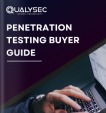
Conclusion: Embracing Cyber Resilience with VAPT Testing
In an era where the digital landscape is fraught with uncertainties, Vulnerability Assessment and Penetration Testing (VAPT) emerge as the guardians of cyber resilience. This robust defense strategy empowers organizations to navigate the dynamic digital realm with confidence. By identifying and addressing vulnerabilities before they are exploited, businesses can safeguard their data, reputation, and financial stability.
VAPT testing isn’t merely a safeguard; it’s a proactive stance against evolving cyber threats. It ensures that organizations remain one step ahead in the ever-changing chess game of cybersecurity. Trust, compliance, cost-efficiency, and data protection are the pillars on which VAPT stands, reinforcing its status as an indispensable component of modern cybersecurity.
As we conclude our journey through the world of VAPT, let’s carry with us the knowledge that VAPT is more than just a practice; it’s a commitment to digital resilience. In this ever-evolving digital landscape, VAPT testing lights the path forward, offering the means to protect, defend, and secure.
Qualysec has a successful track record of serving clients and providing cybersecurity services across a range of industries such as IT. Their expertise has helped clients identify and mitigate vulnerabilities, prevent data breaches, and improve their overall security posture.
When it comes to comprehensive cybersecurity audits, Qualysec is the organization to go with. Their cost of VAPT guide helps clients make informed decisions by understanding the various factors that affect the cost by clicking here.
FAQs: Navigating the World of VAPT Testing
In the complex landscape of Vulnerability Assessment and Penetration Testing (VAPT), questions often arise. Here are answers to some common queries:
1. What is the difference between vulnerability assessment and penetration testing?
- Vulnerability assessment identifies vulnerabilities, while penetration testing actively exploits them to assess security.
2. How often should a business conduct VAPT testing?
- Regular VAPT testing is recommended, with frequency determined by the evolving threat landscape and compliance requirements.
3. Is VAPT testing mandatory for all businesses?
- While not mandatory, it is highly advisable for all businesses, regardless of size or industry, to undergo VAPT testing.
4. Can VAPT testing detect zero-day vulnerabilities?
- VAPT testing can identify known vulnerabilities, but detecting zero-day vulnerabilities is challenging and requires ongoing monitoring.
5. What should I expect in a VAPT testing report?
- A VAPT testing report should include a detailed summary of vulnerabilities, their severity, and recommendations for remediation.
These FAQs shed light on the key aspects of VAPT testing, offering insights into the practice, its importance, and what organizations can expect from the process. Stay tuned as we continue to explore the world of VAPT, uncovering more insights, best practices, and real-world applications in the realm of cybersecurity.

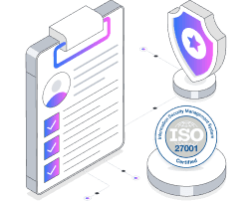
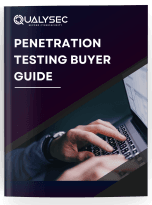



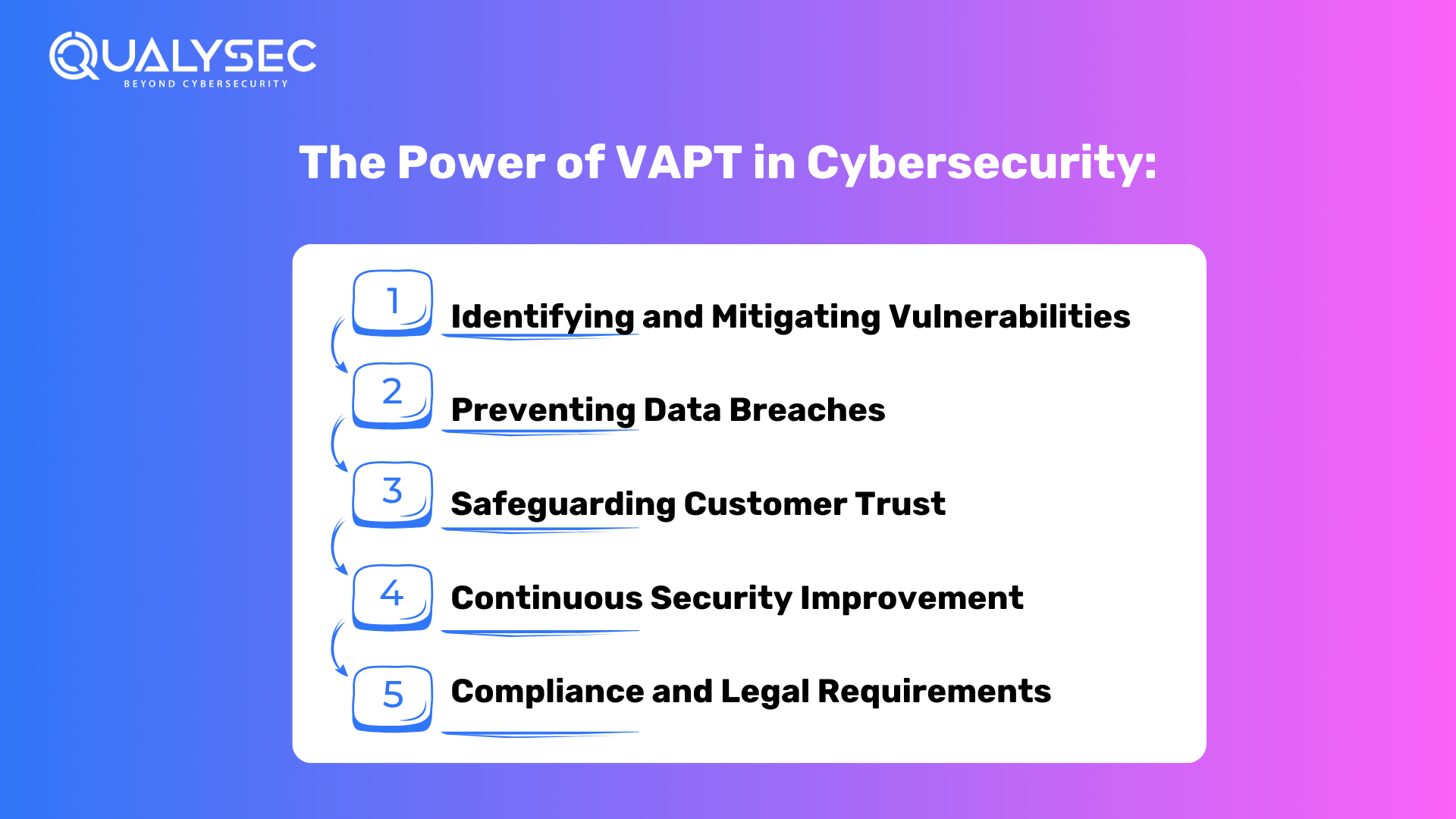
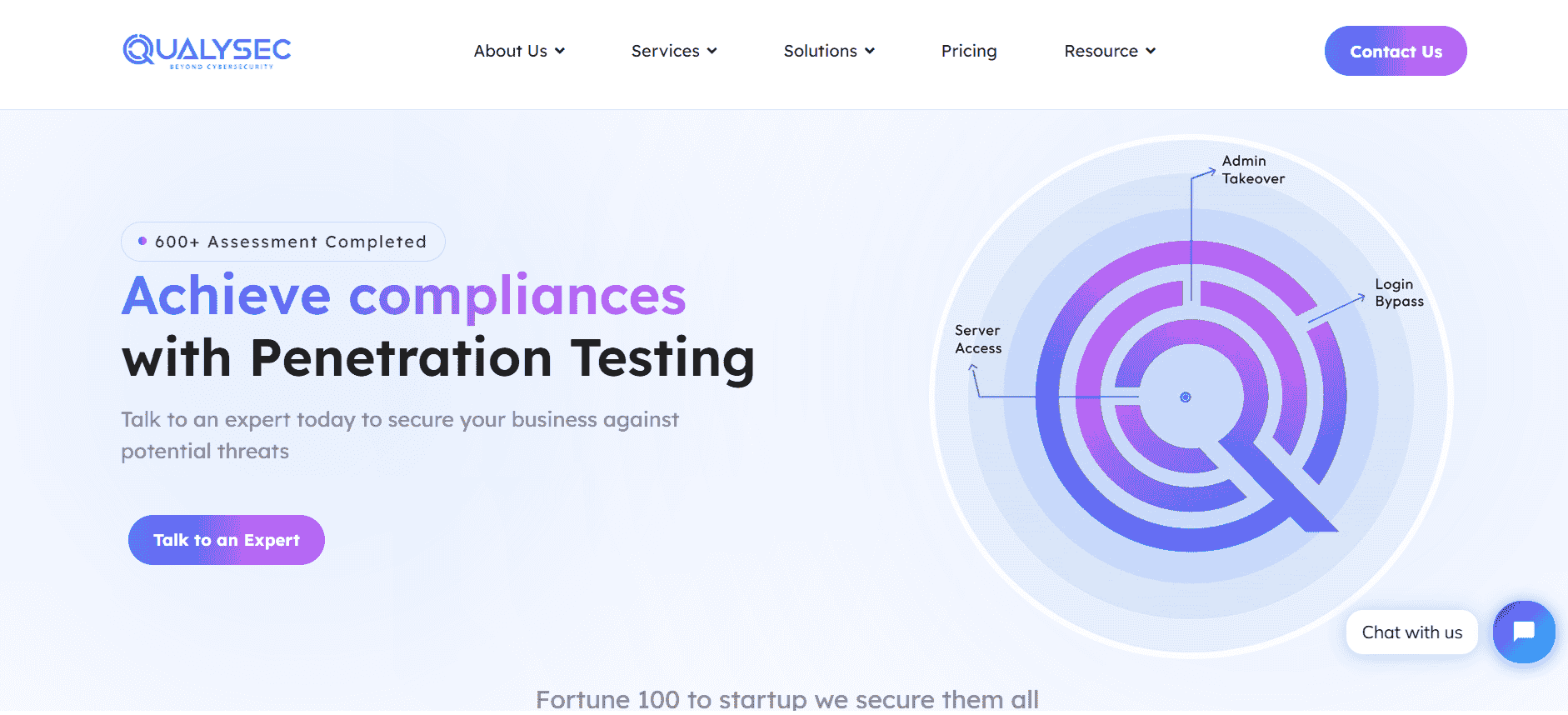




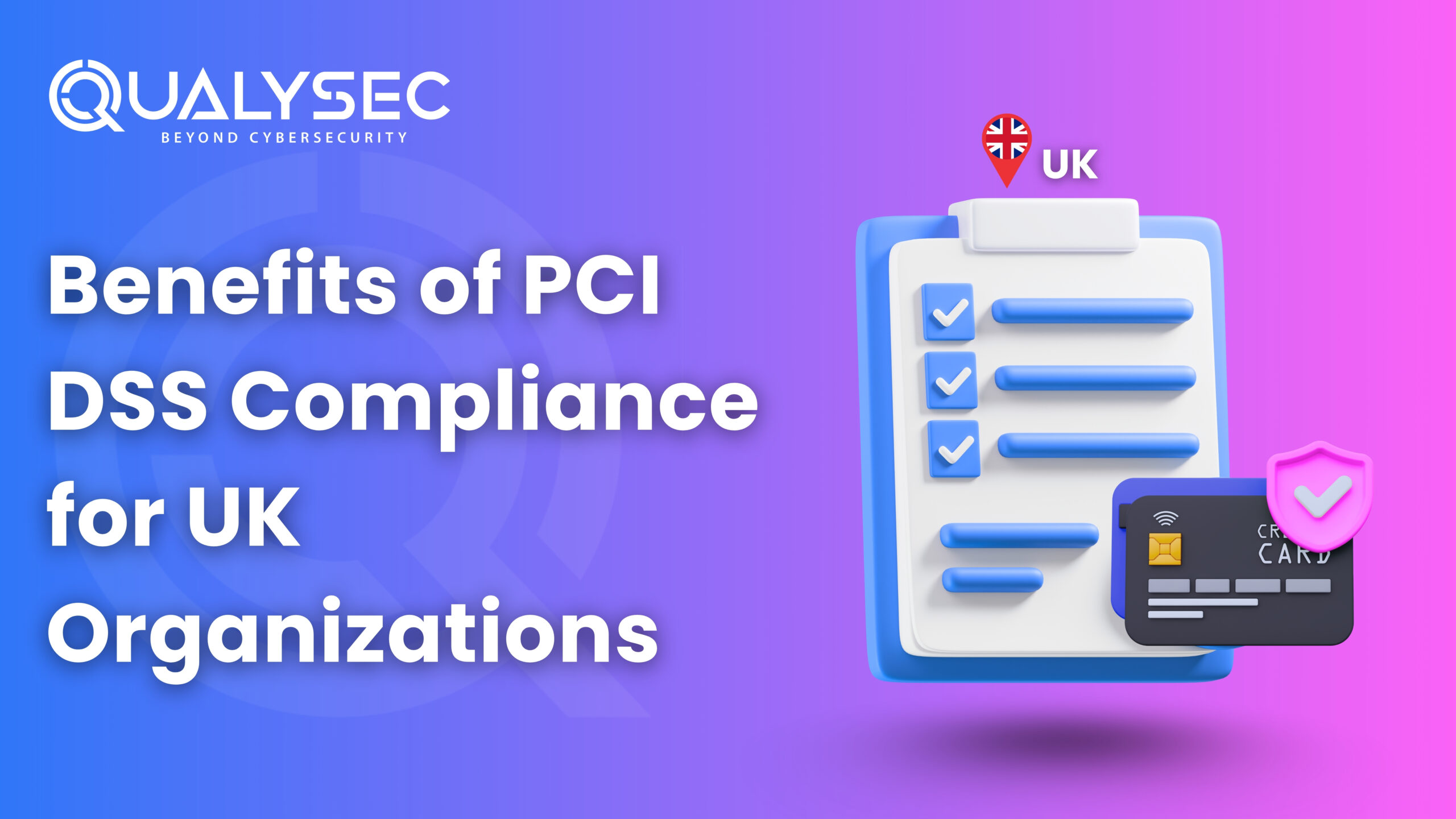




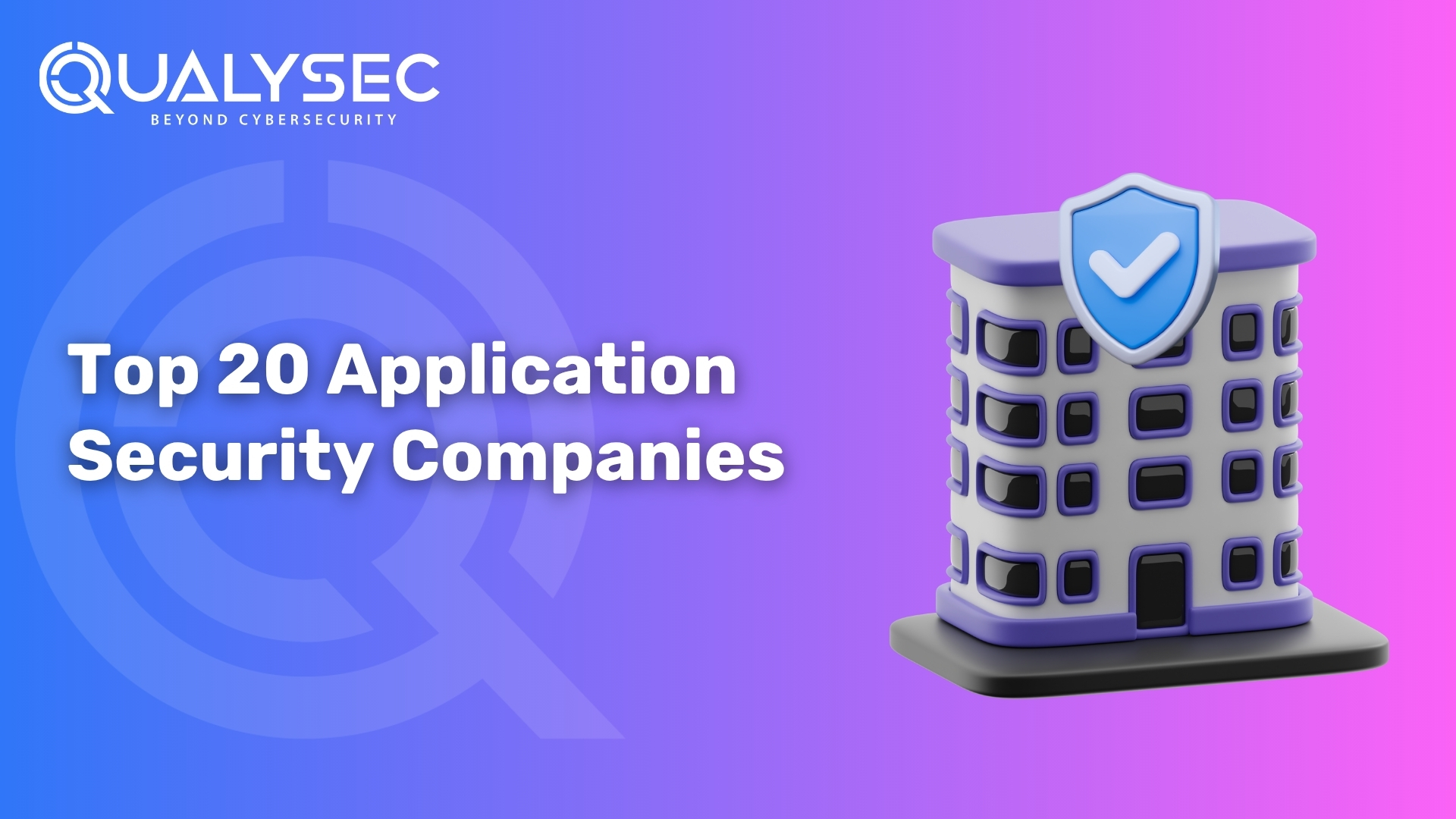
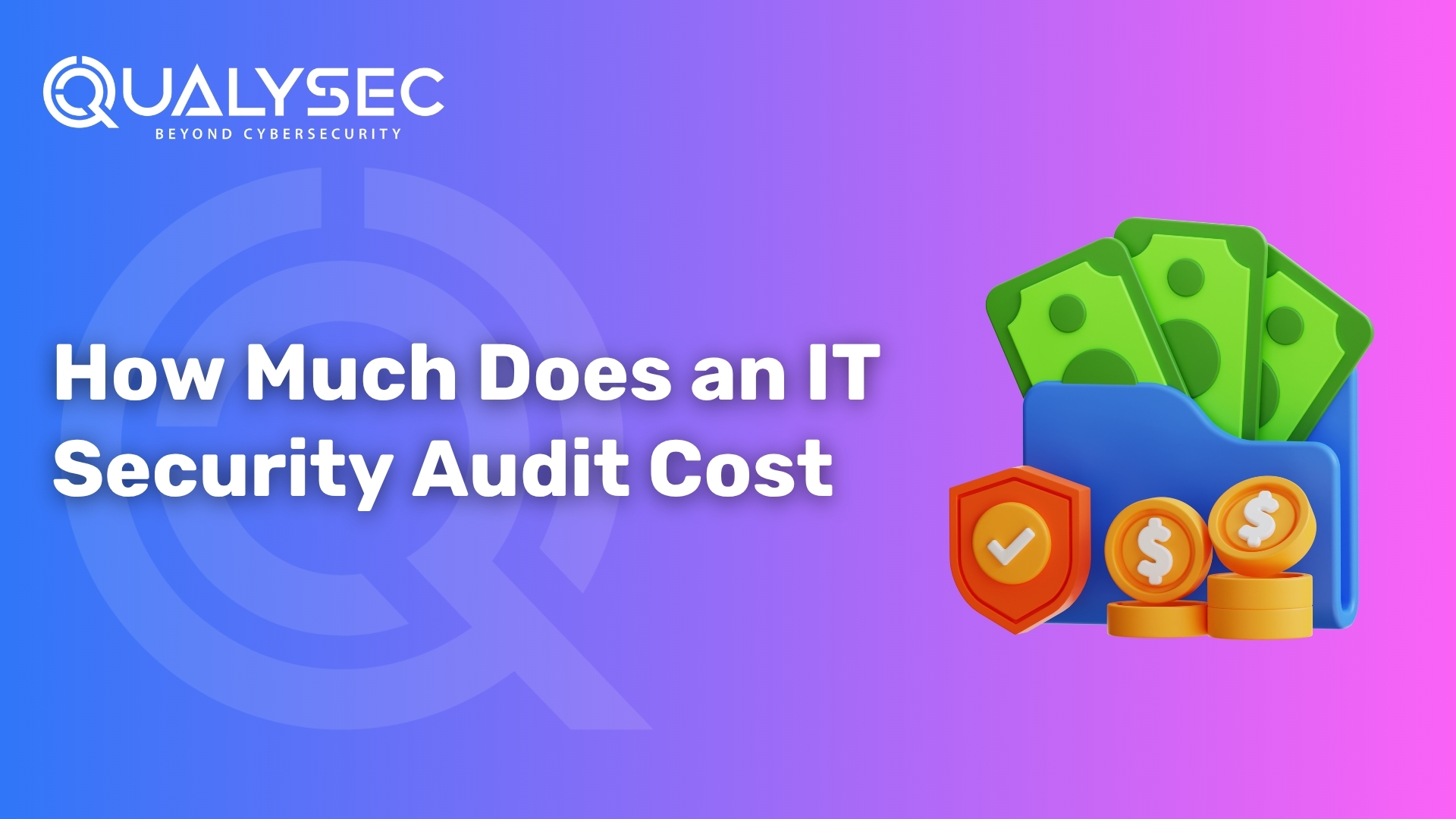

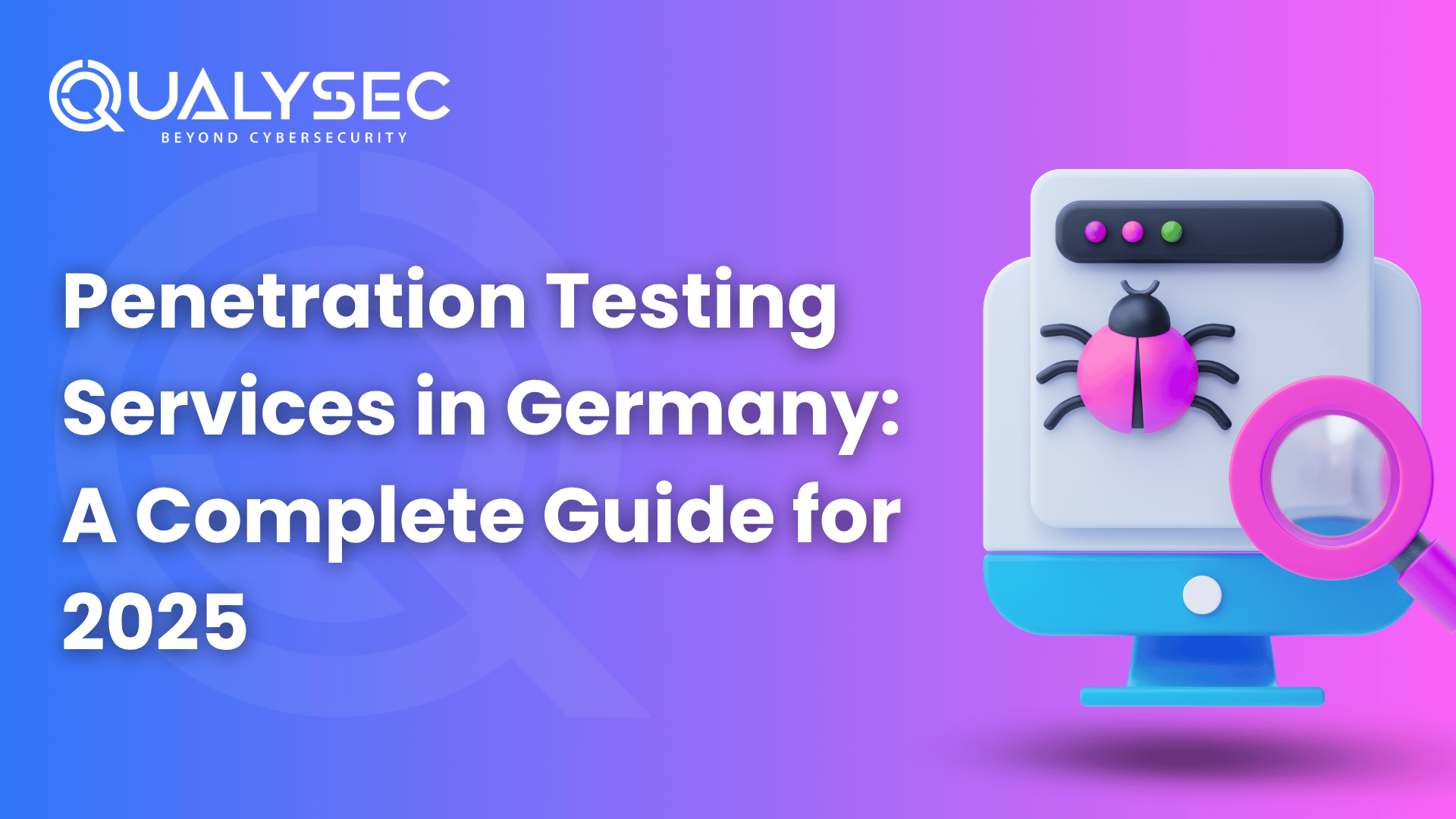
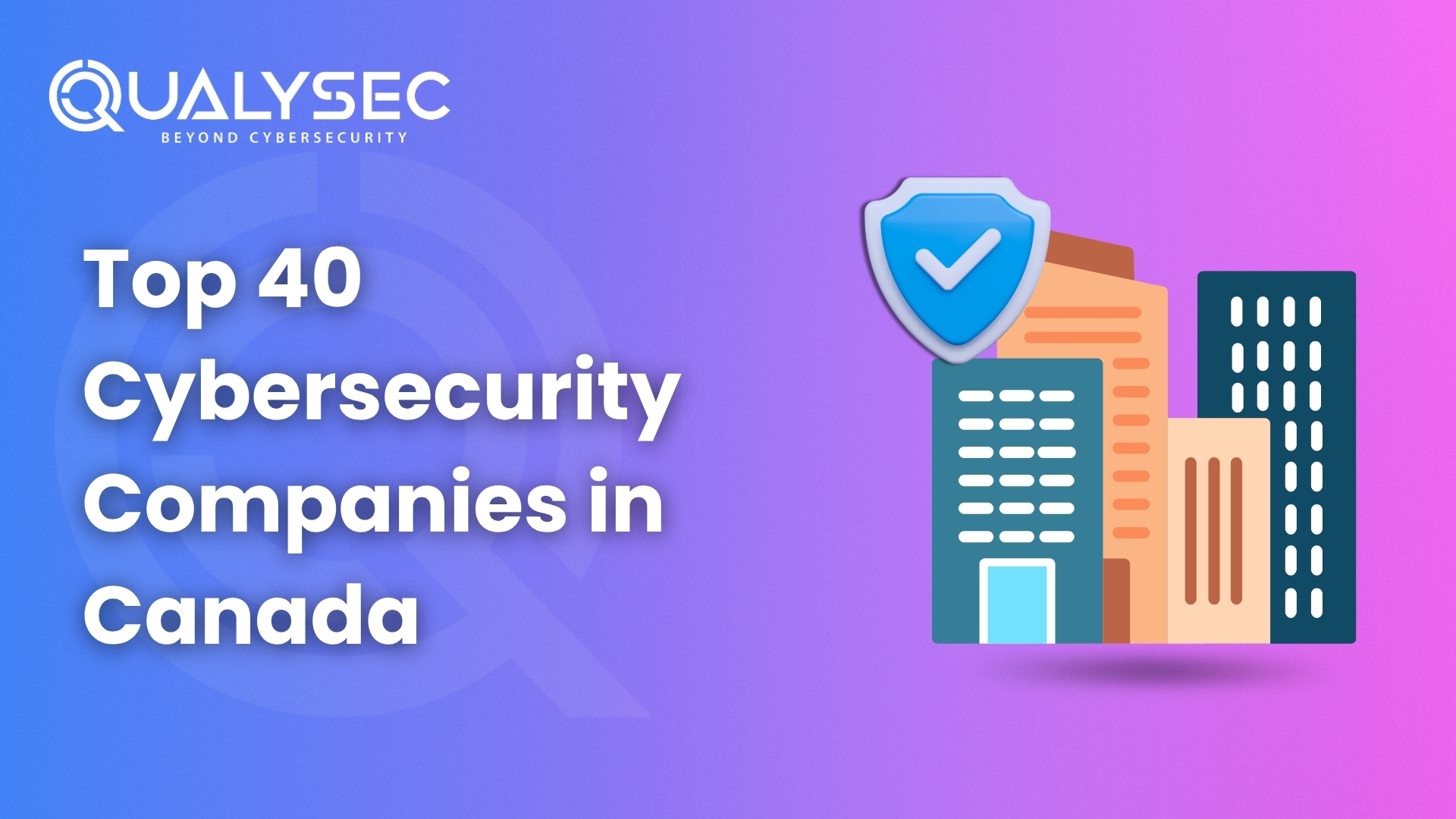
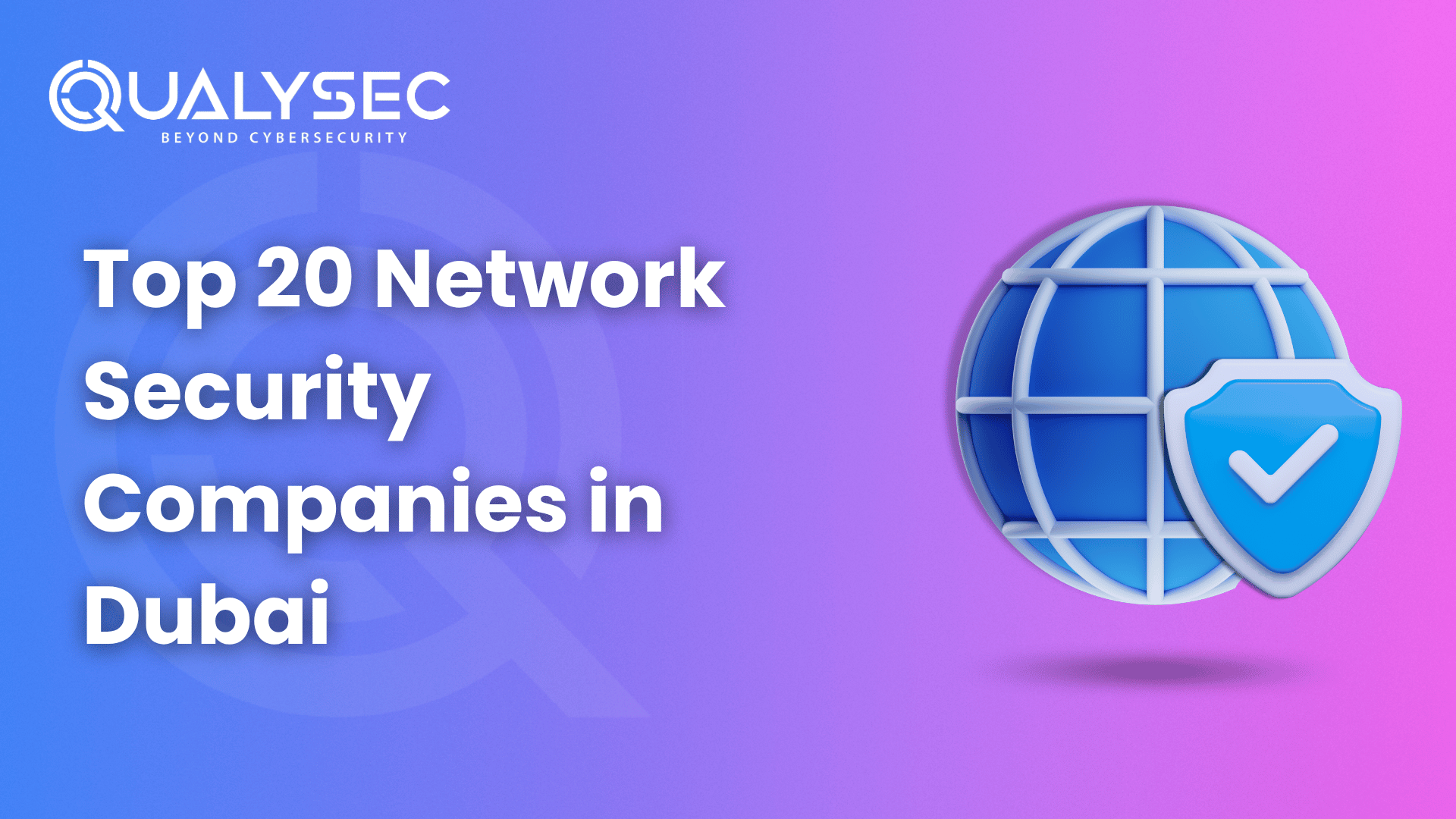
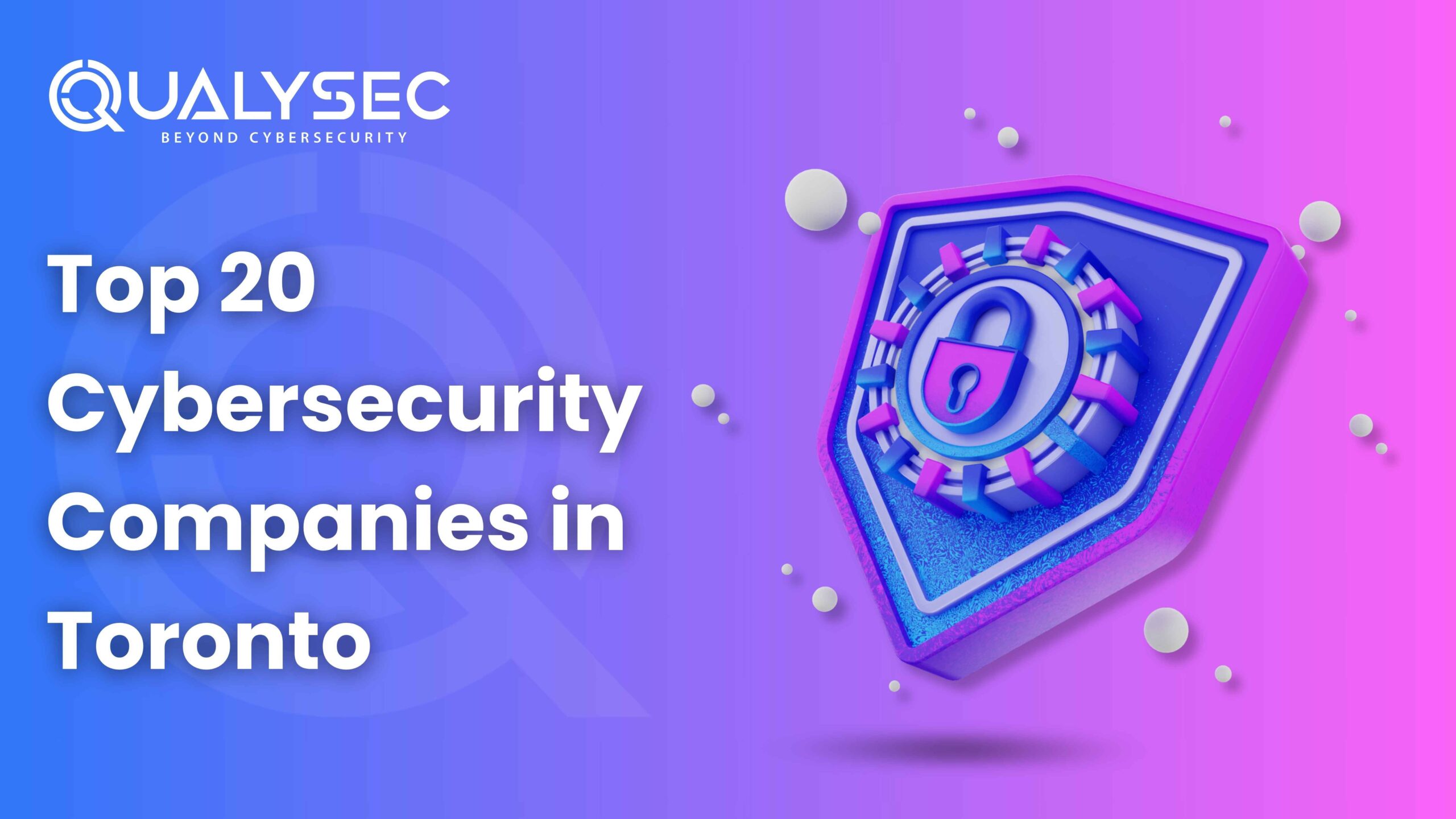
![Top 20 Network Security Companies in USA [2025 Updated List]](https://qualysec.com/wp-content/uploads/2025/05/Top-20-Network-Security-Companies-in-USA-2025-Updated-List-scaled.jpg)
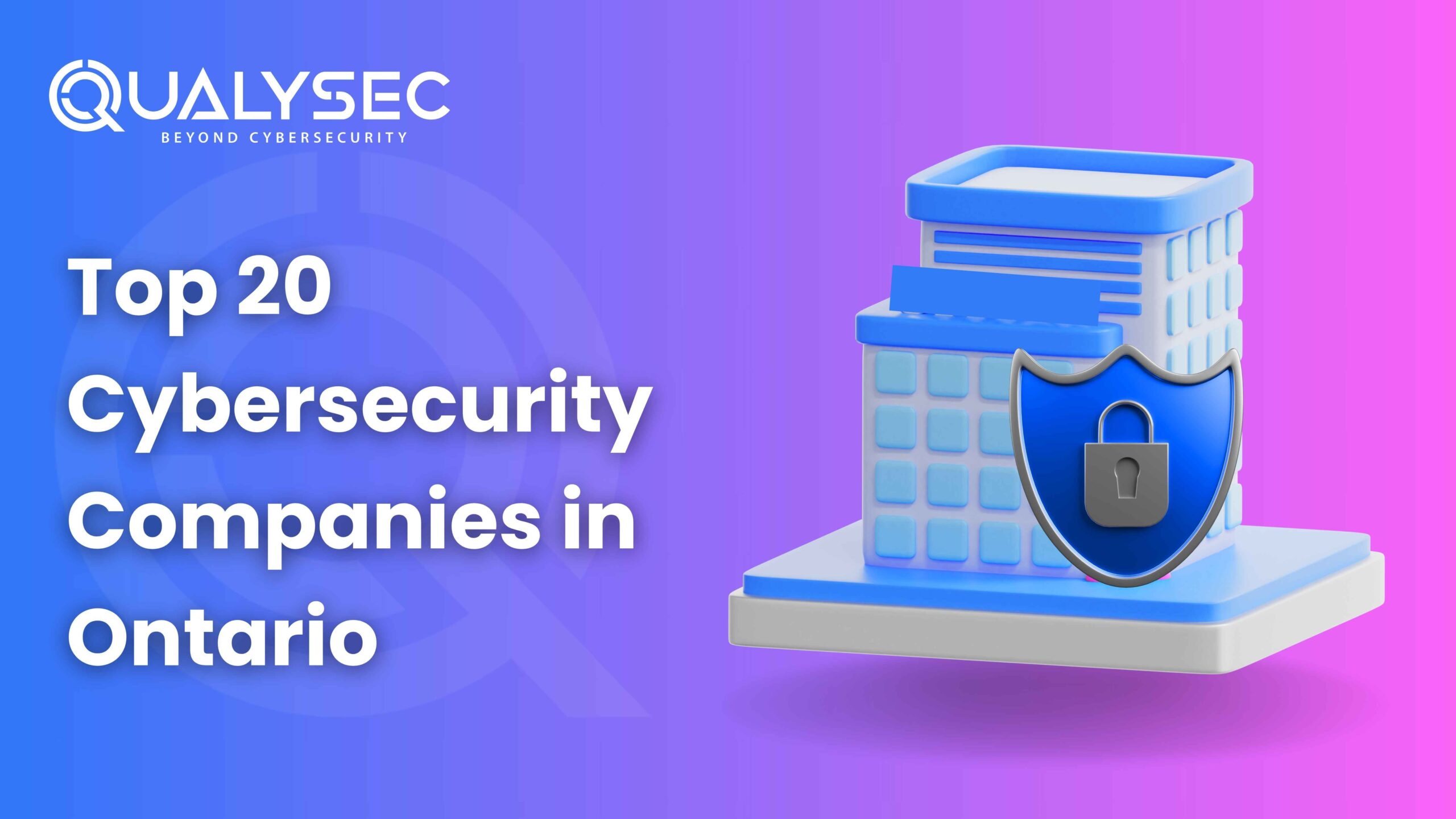

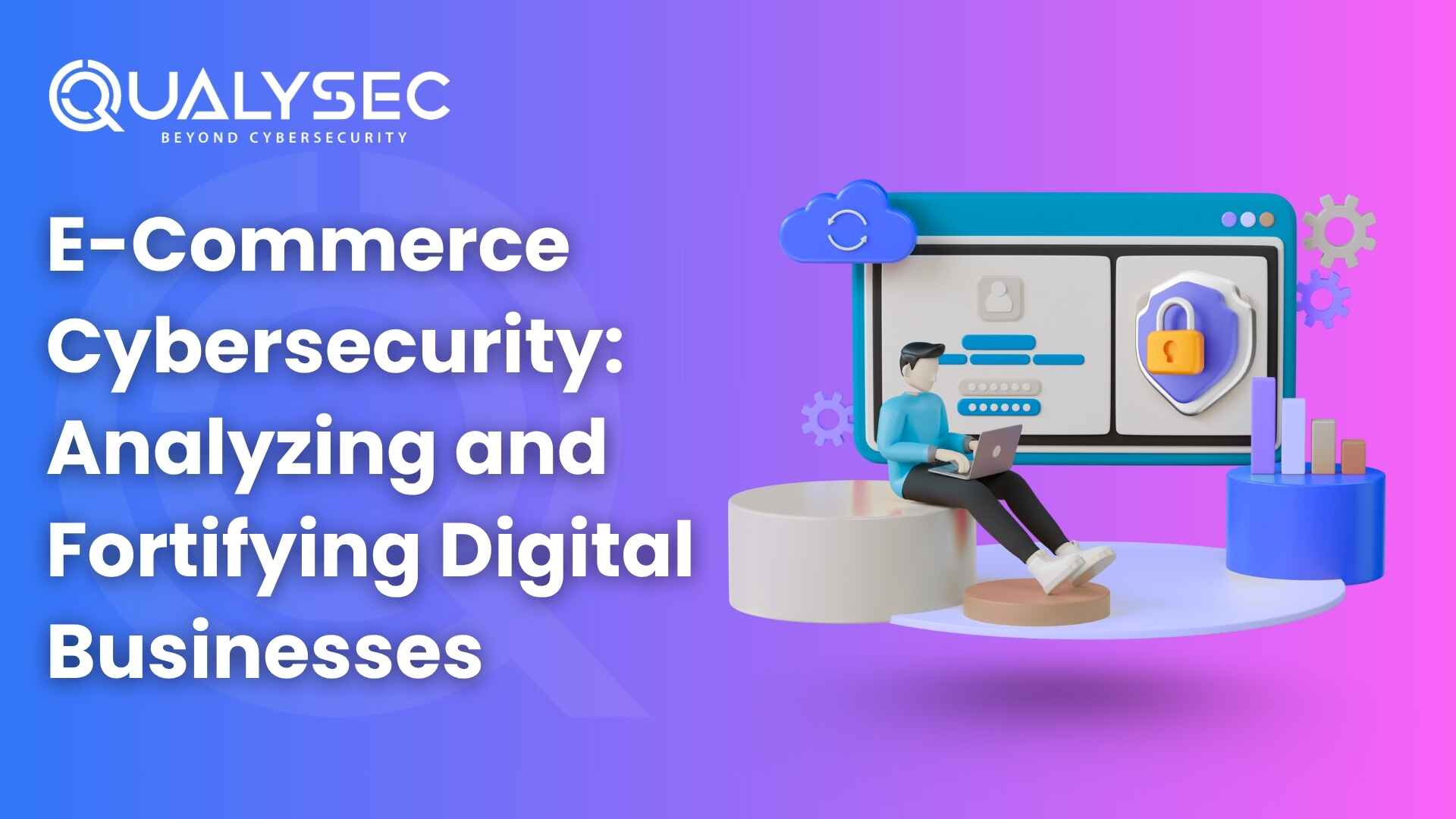
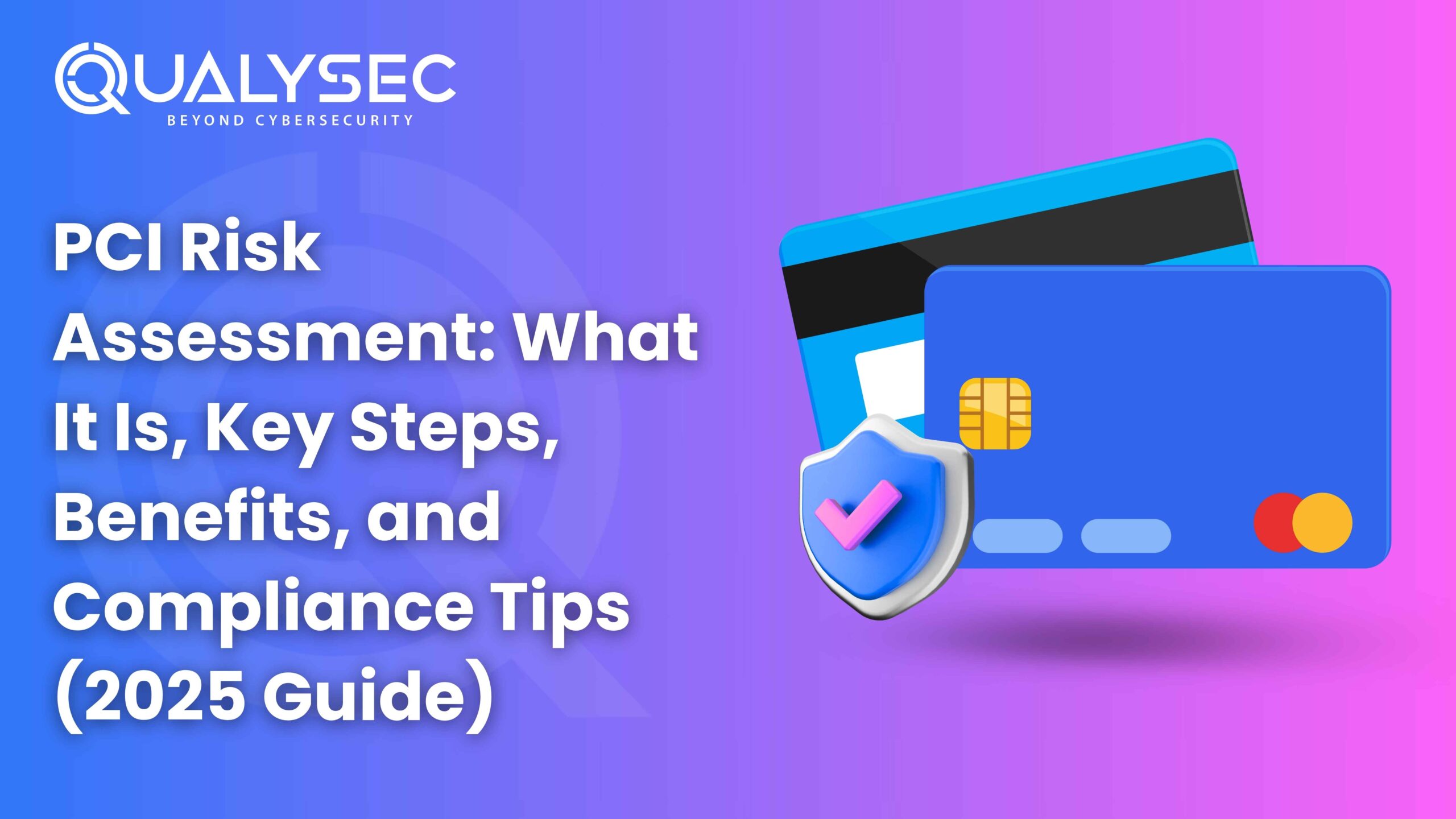
























































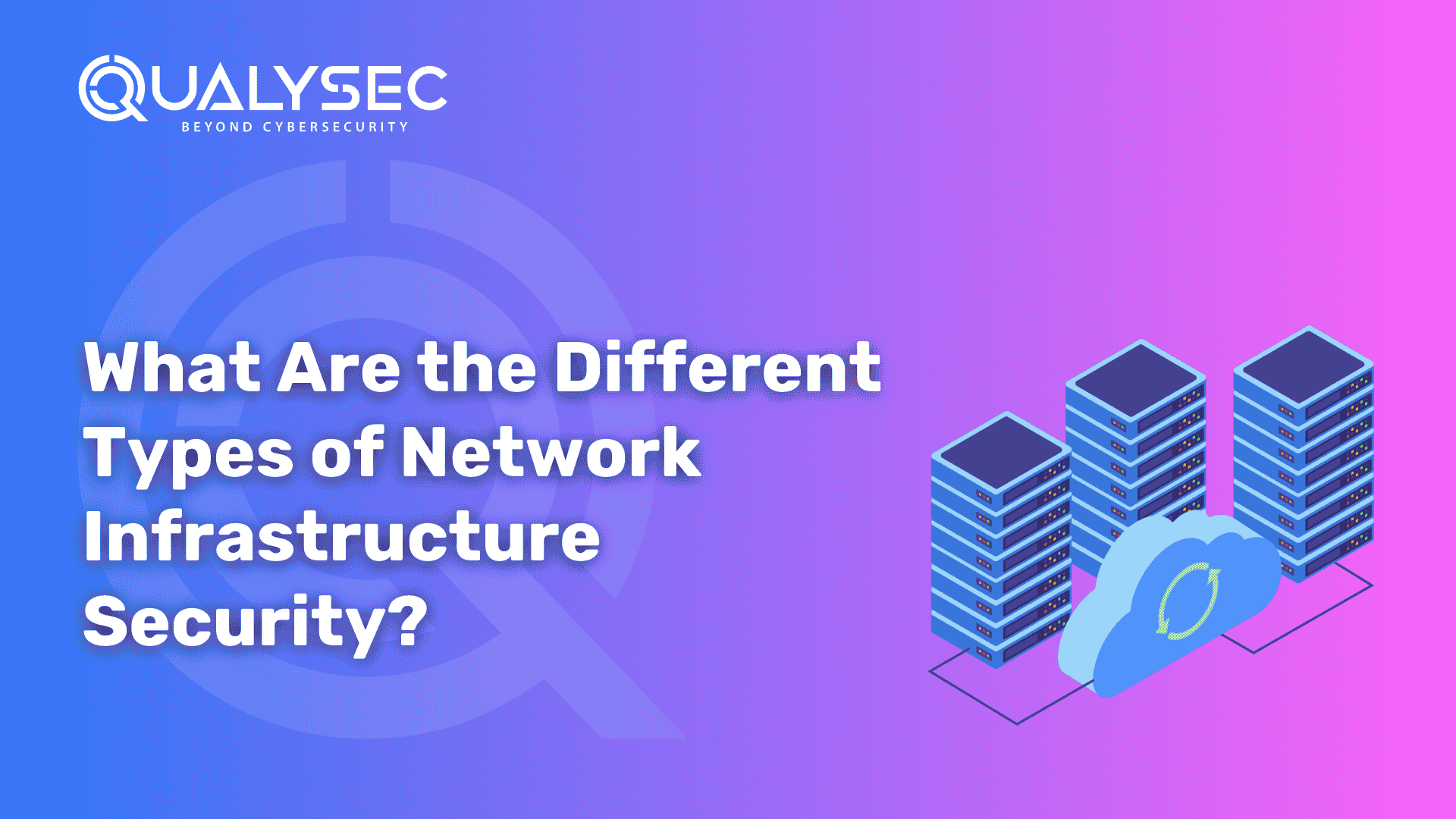








































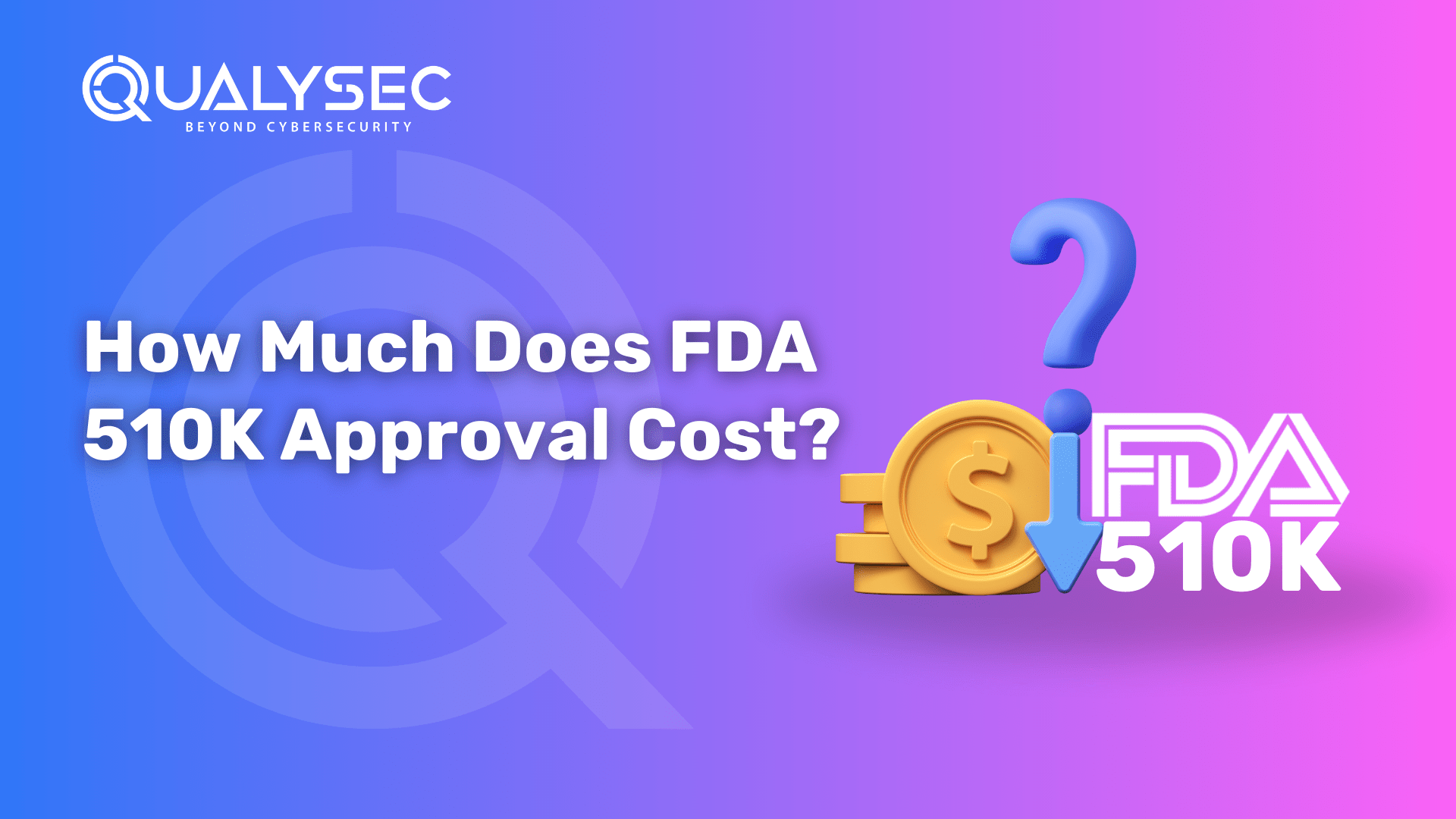
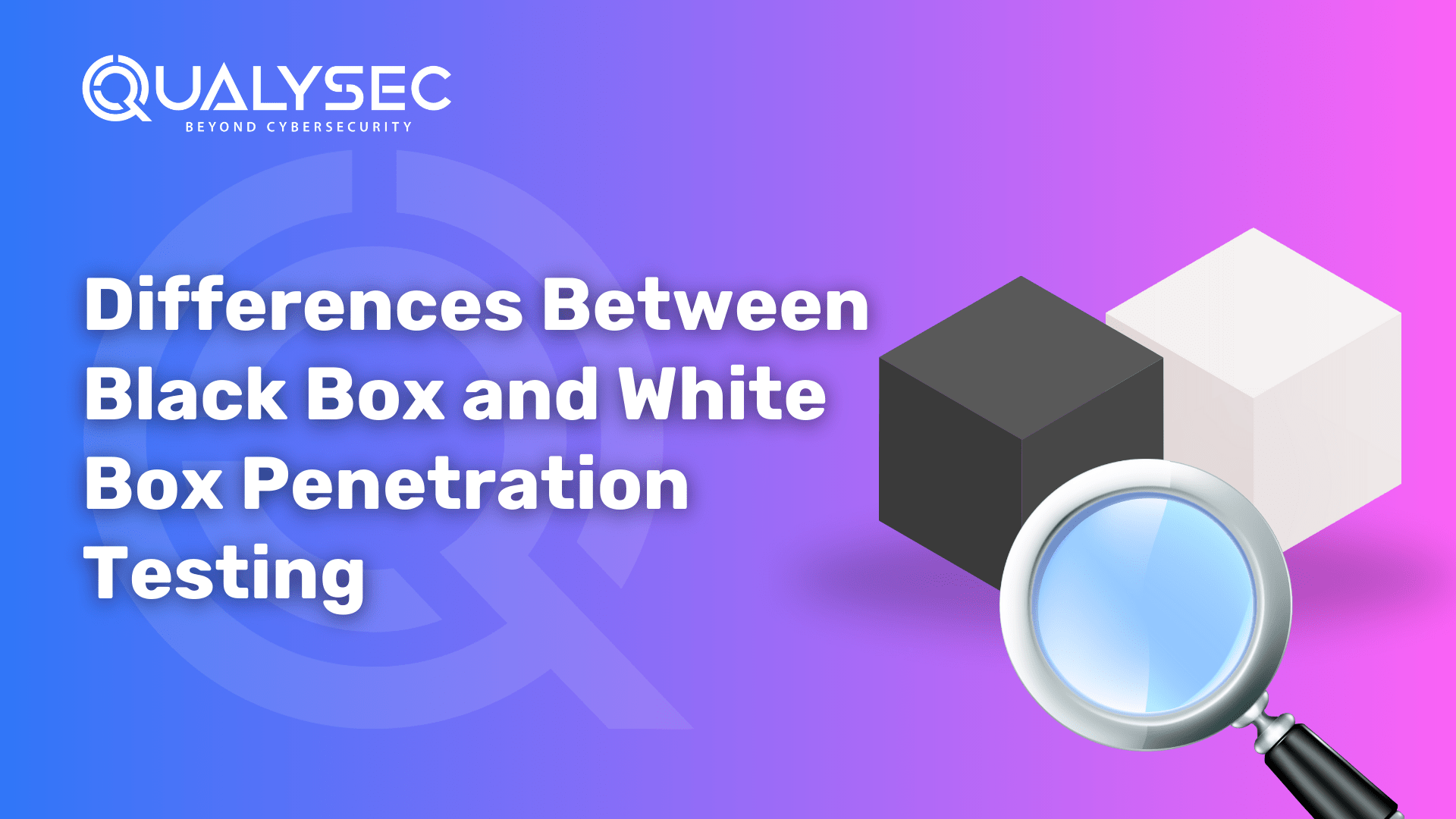
























































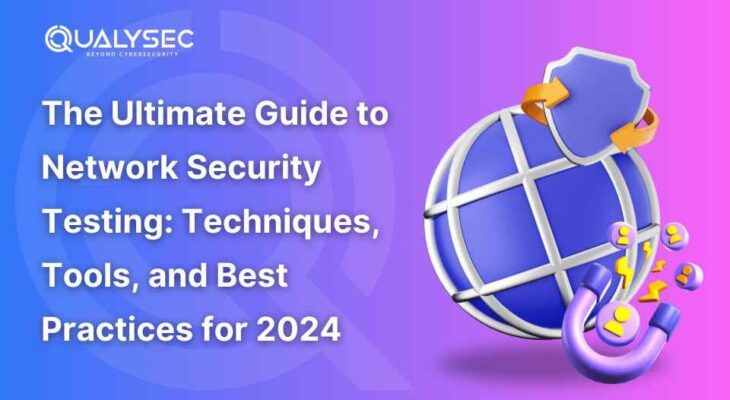






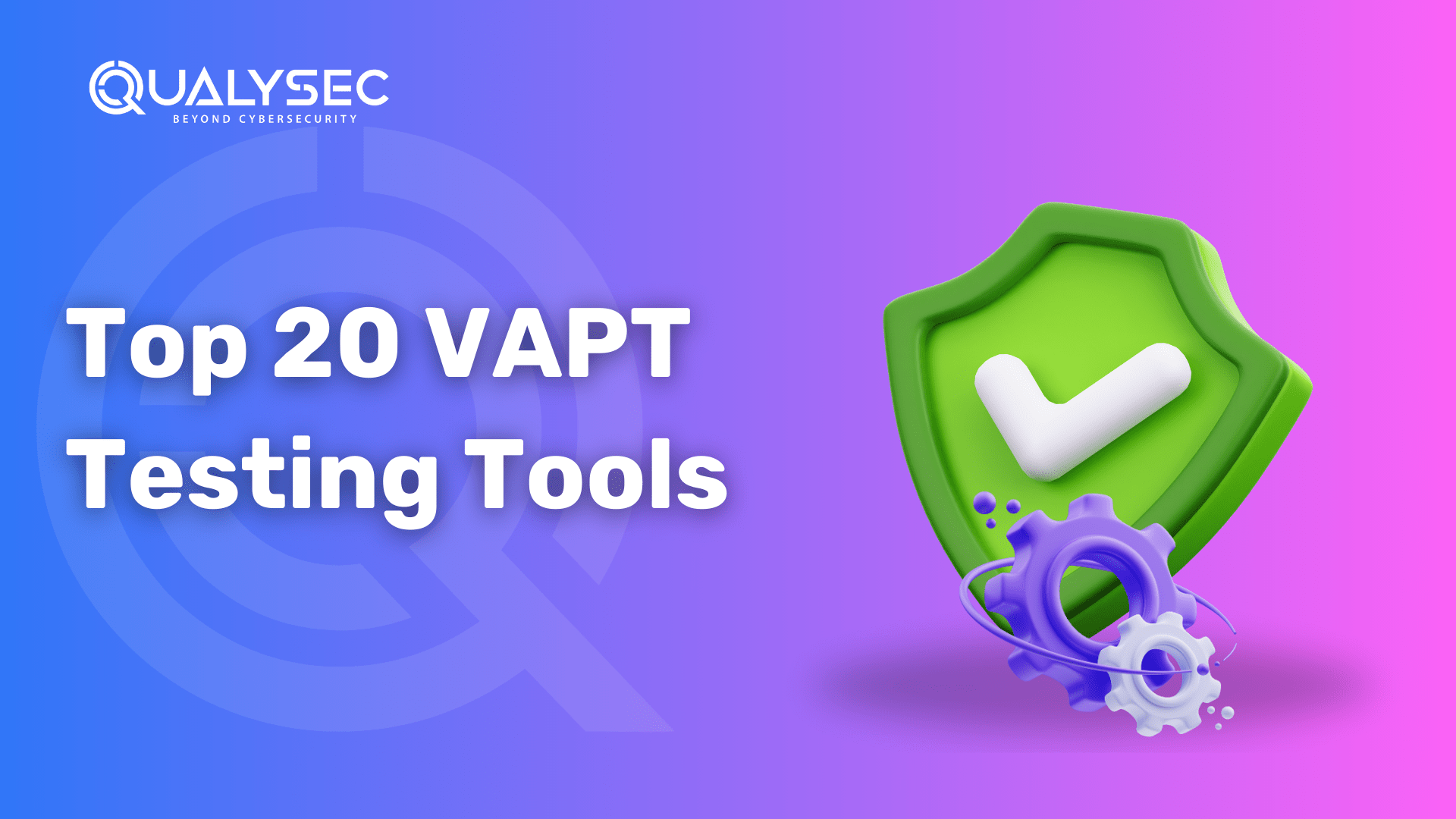


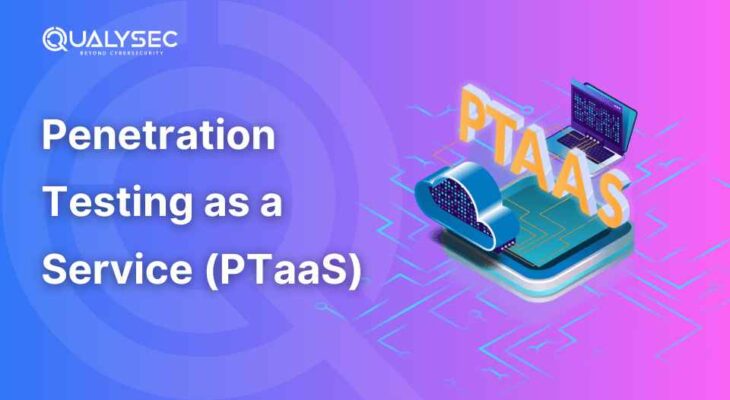

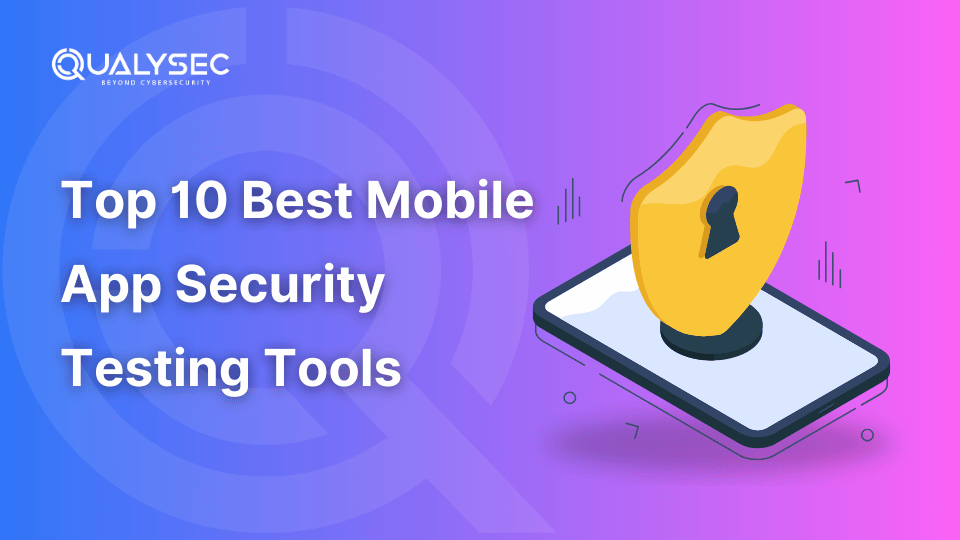


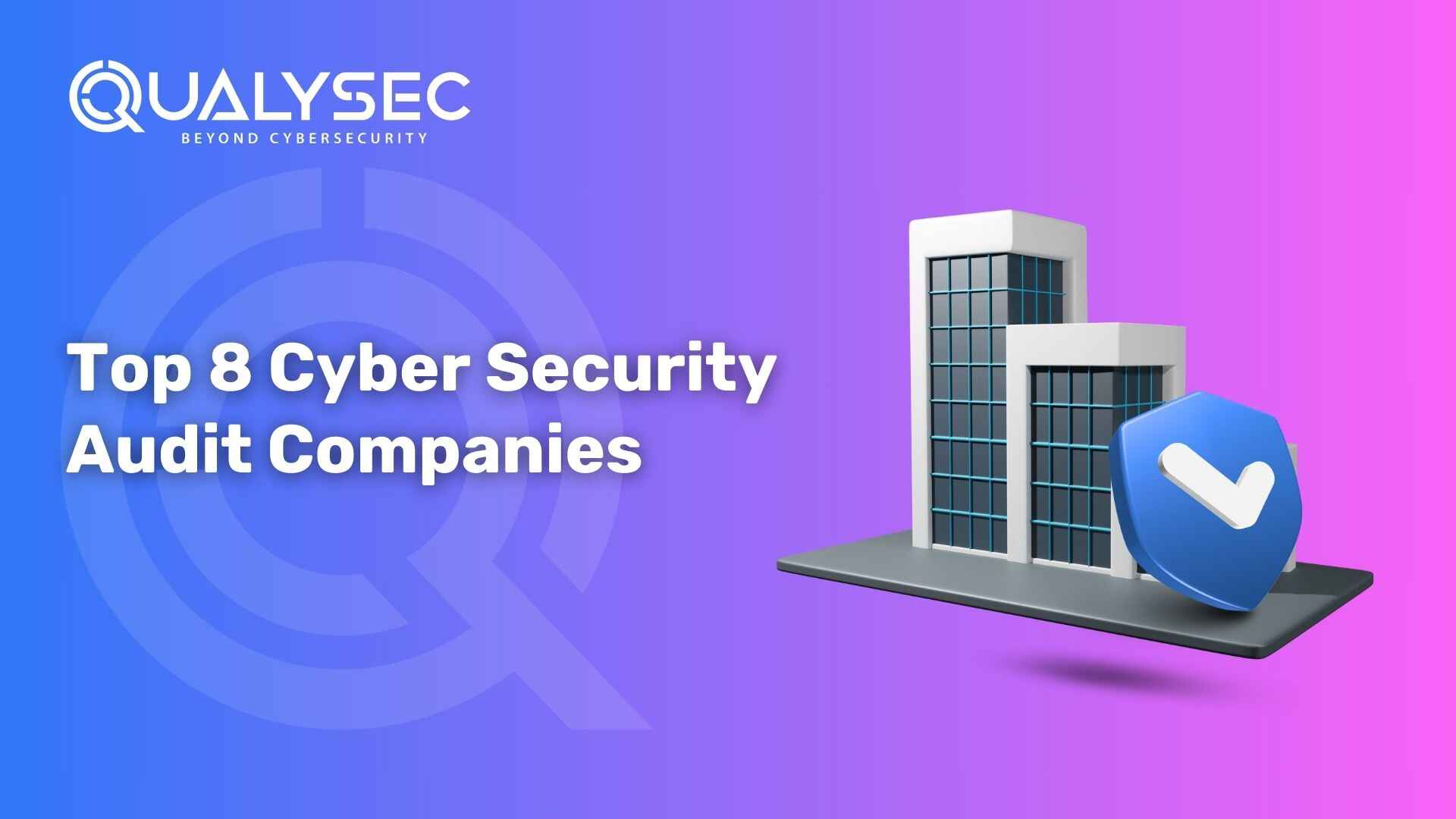
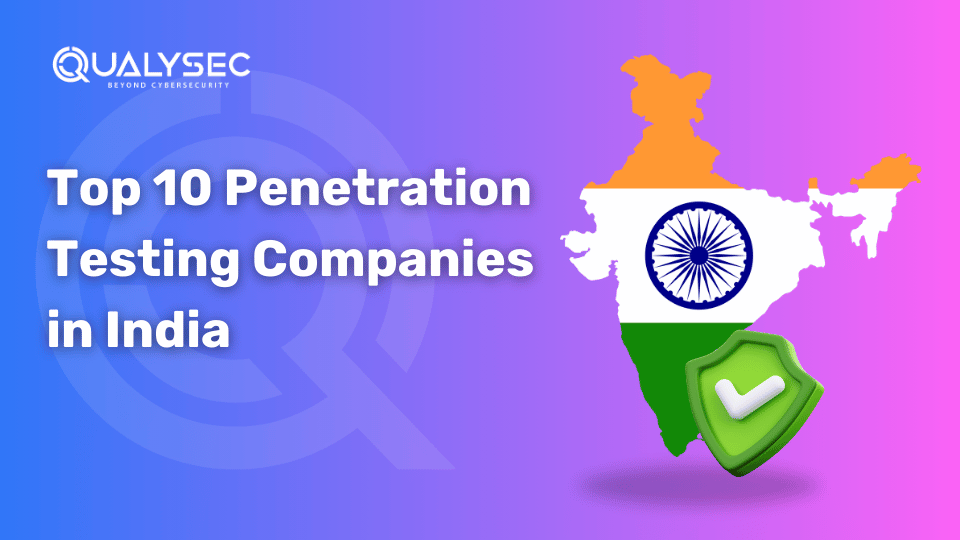






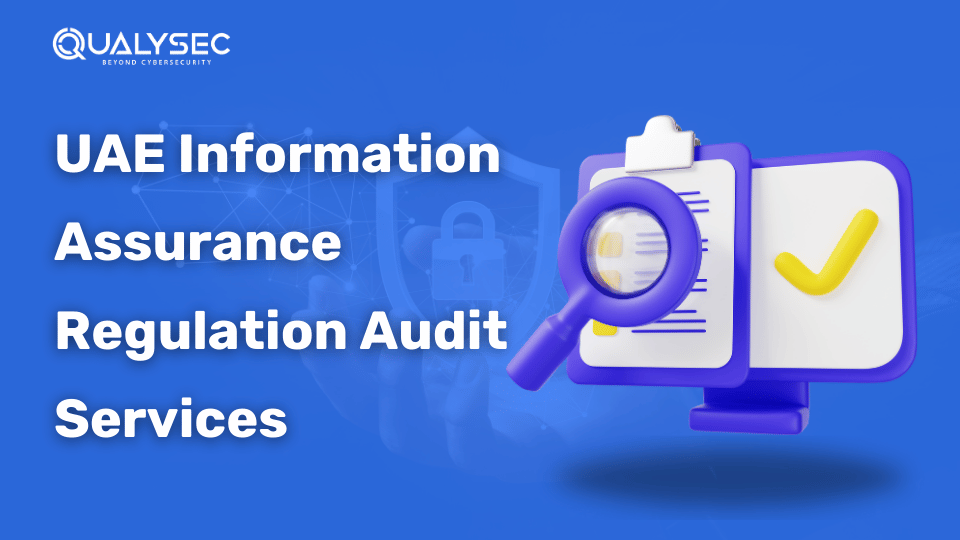










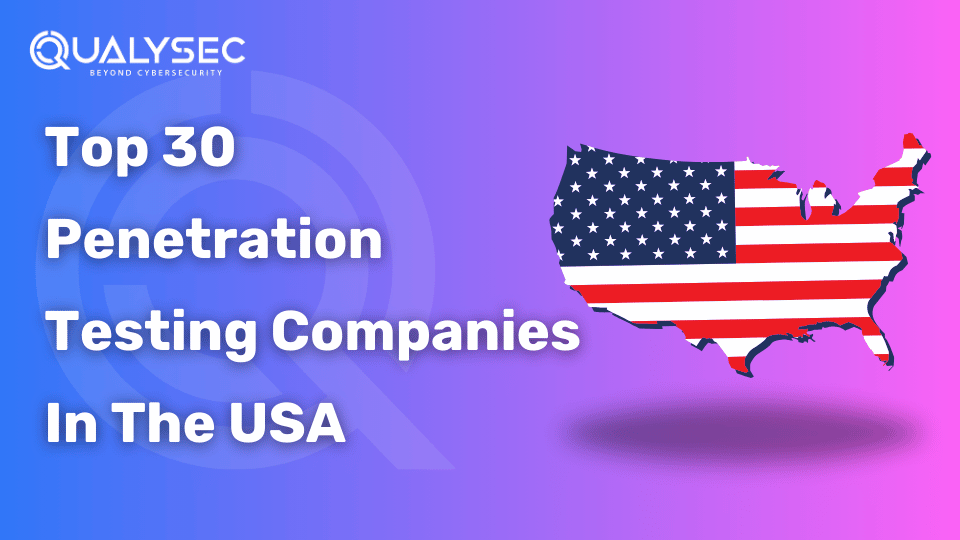
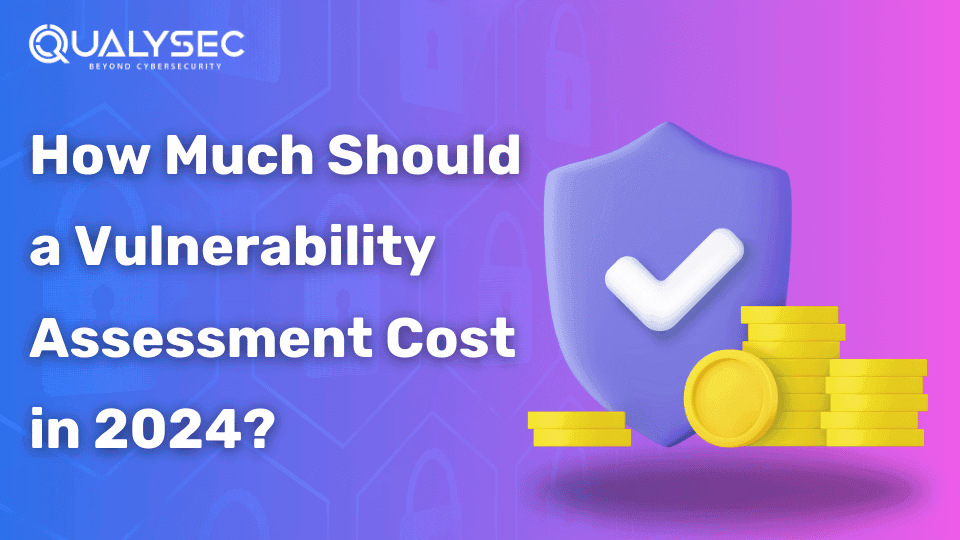








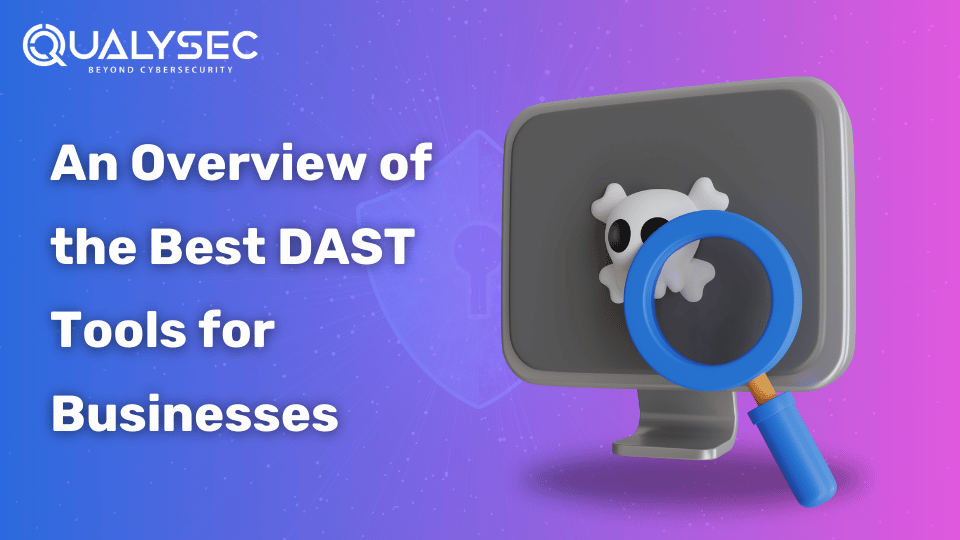










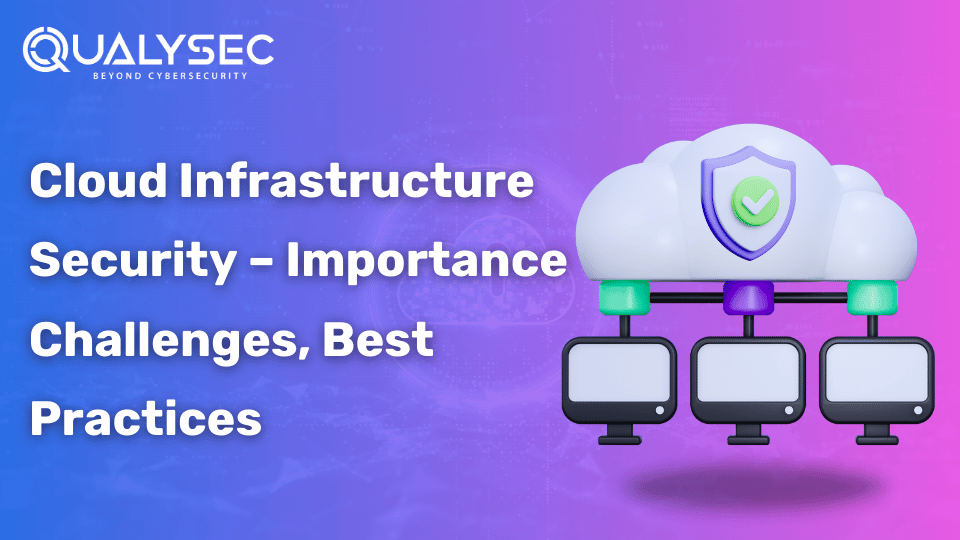


















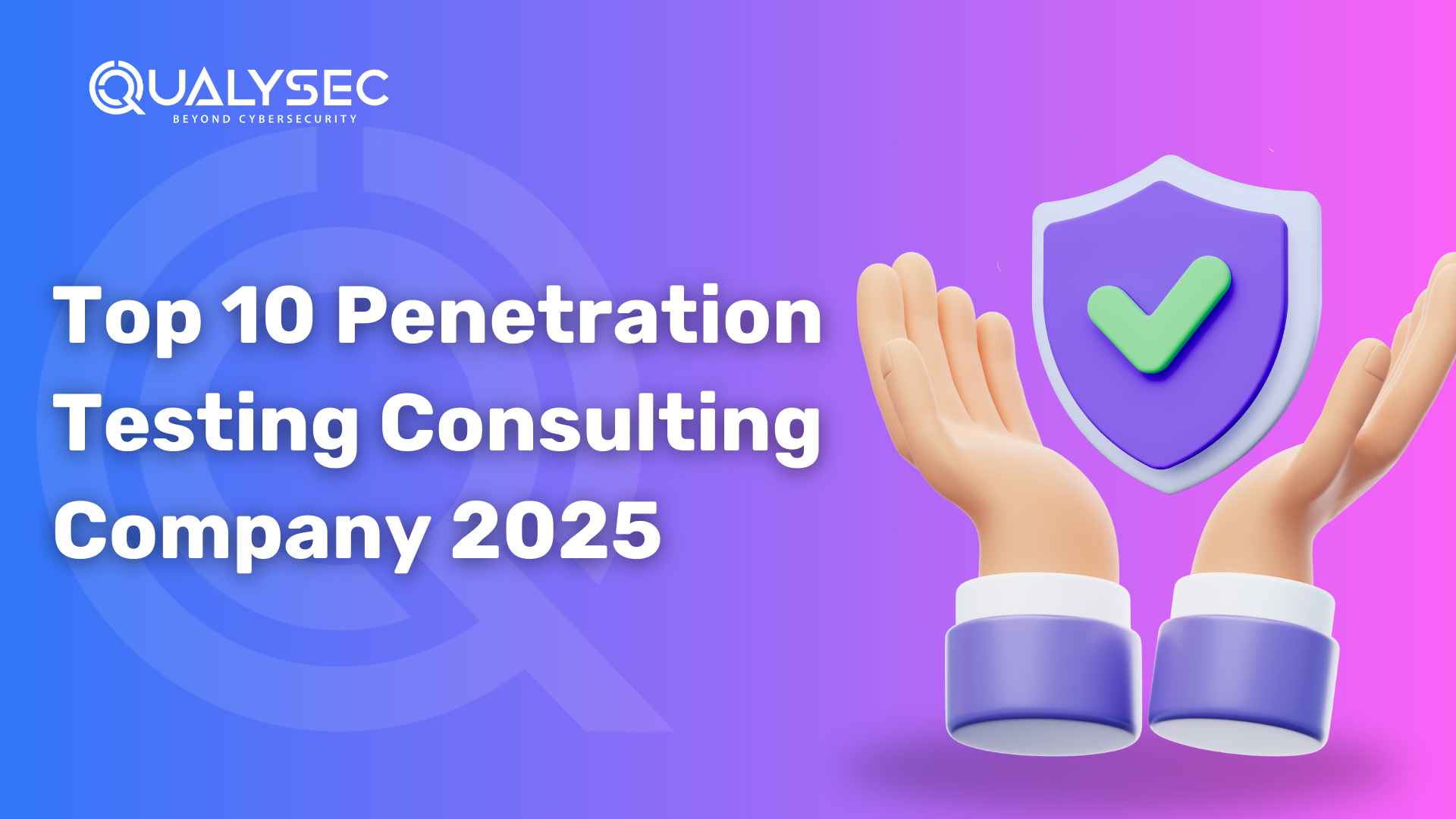
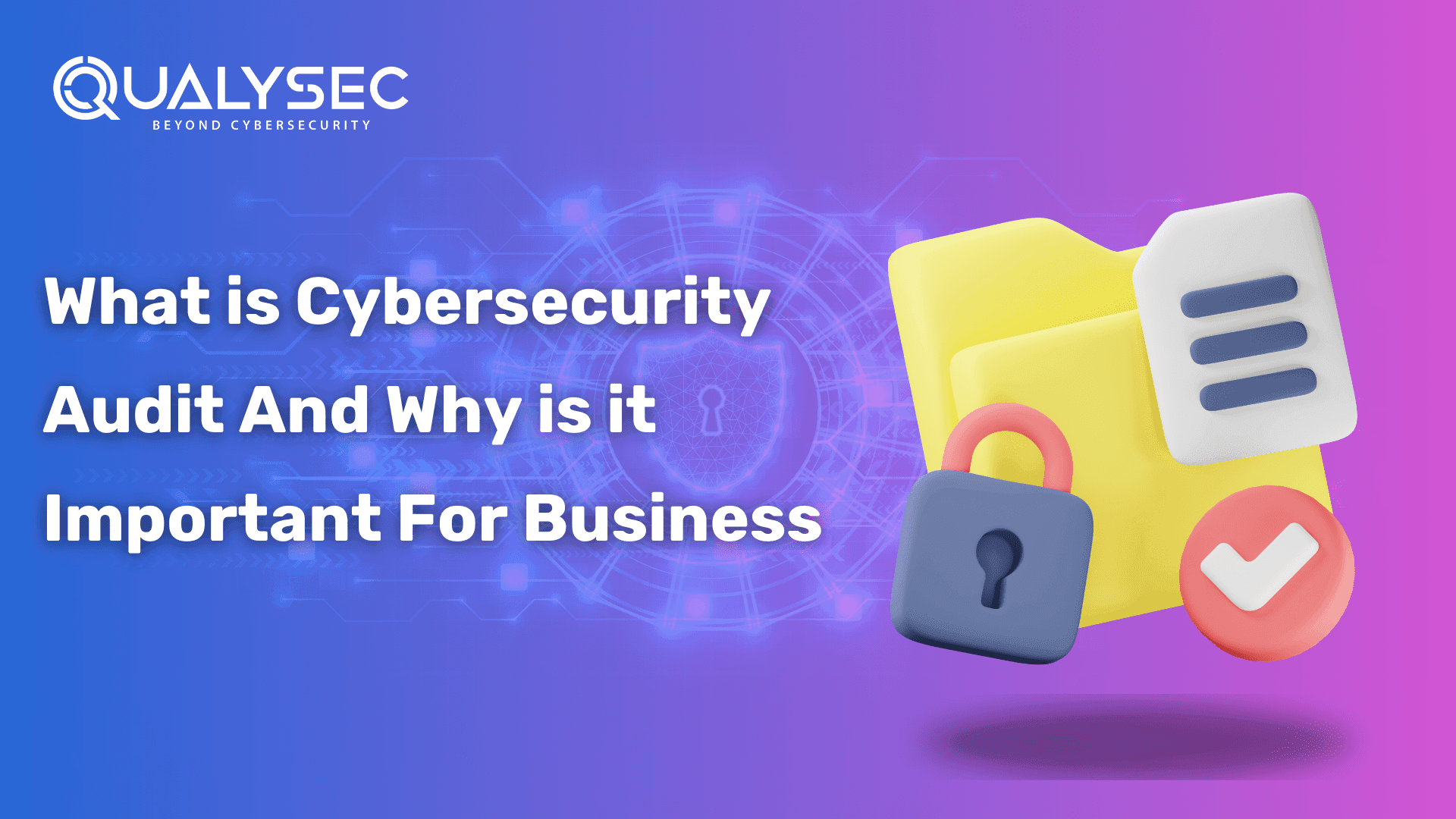
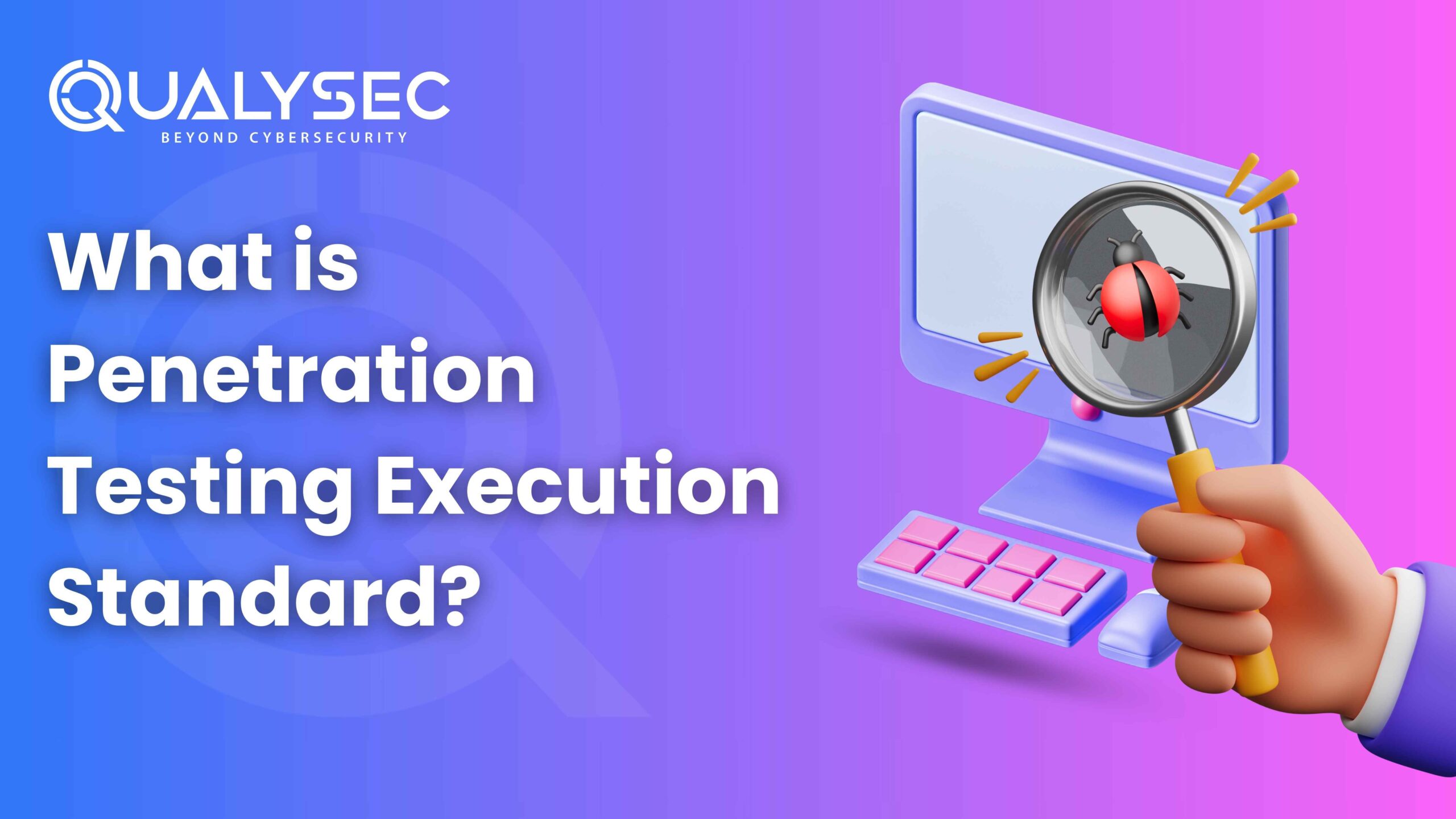





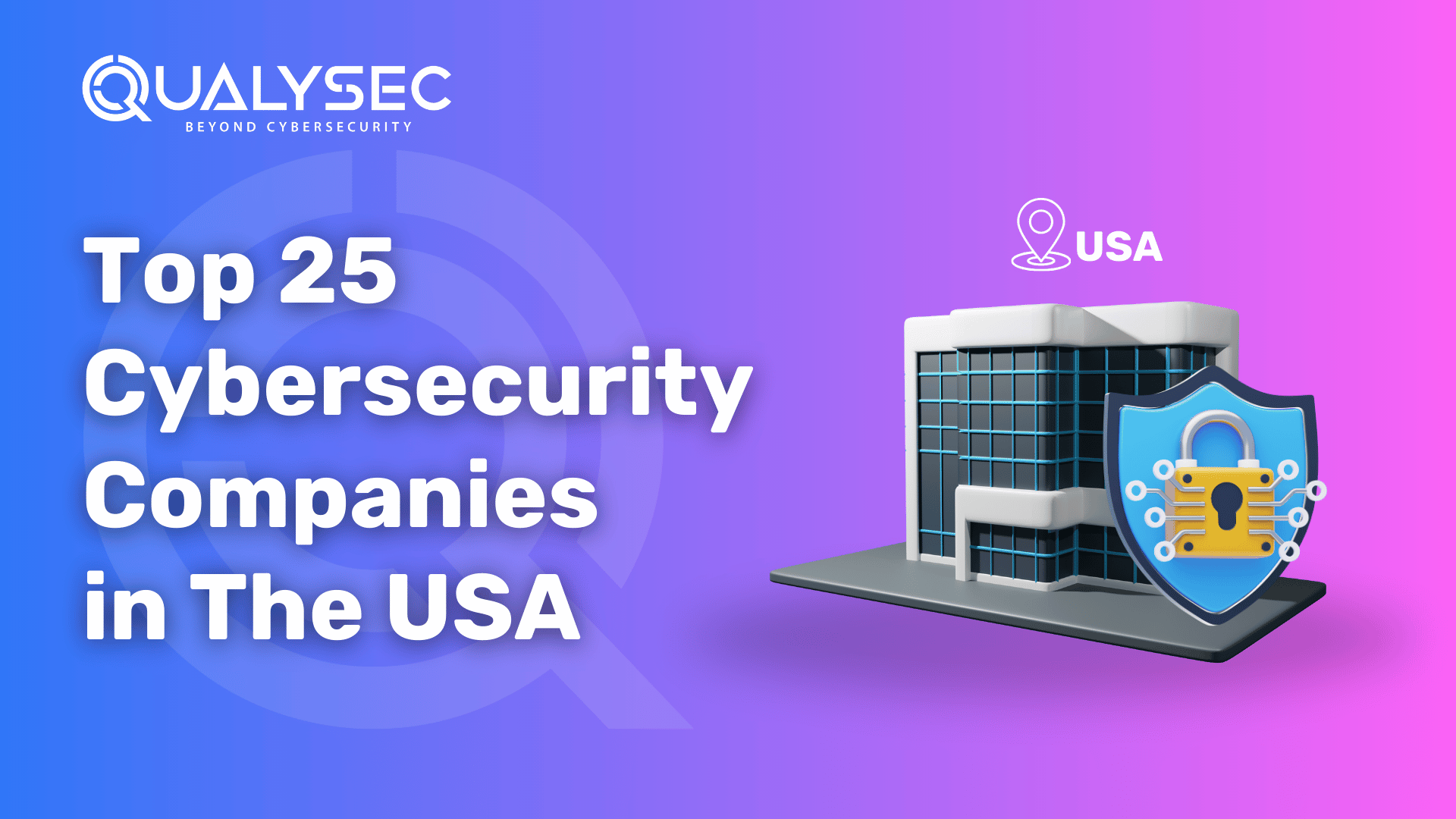
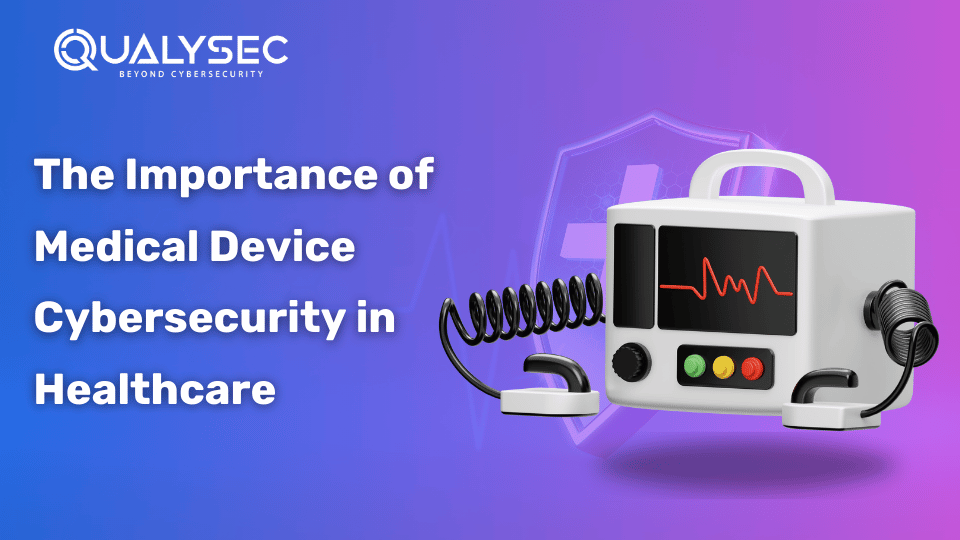




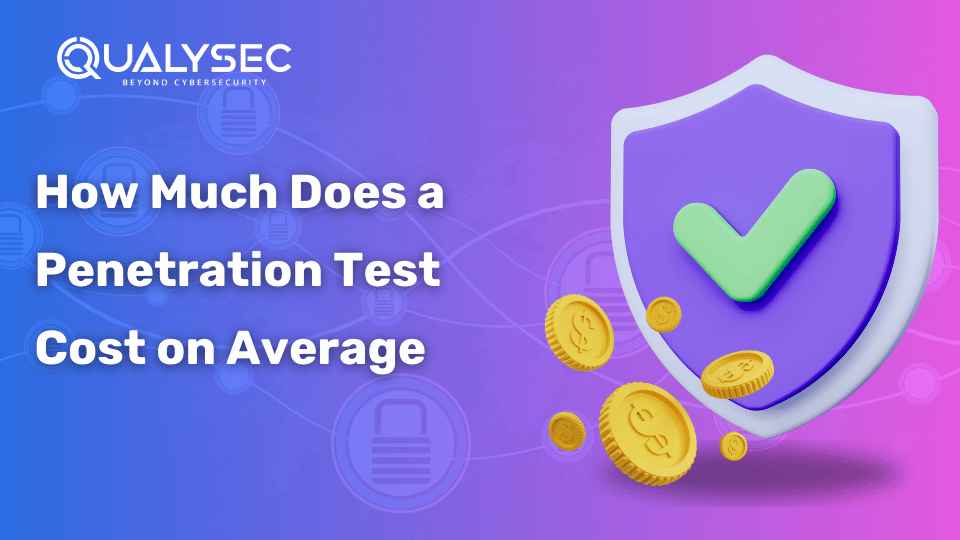



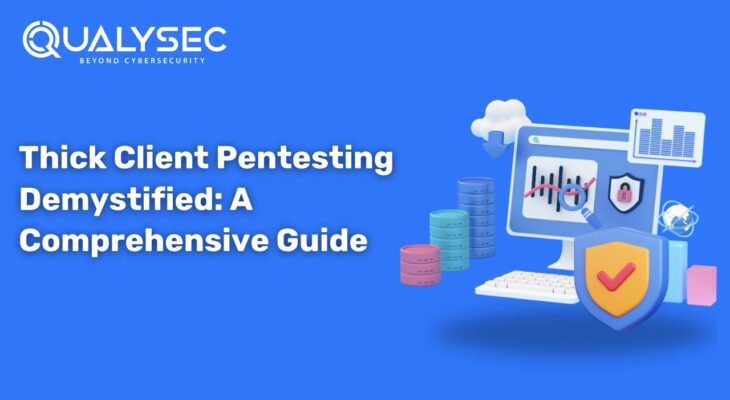





































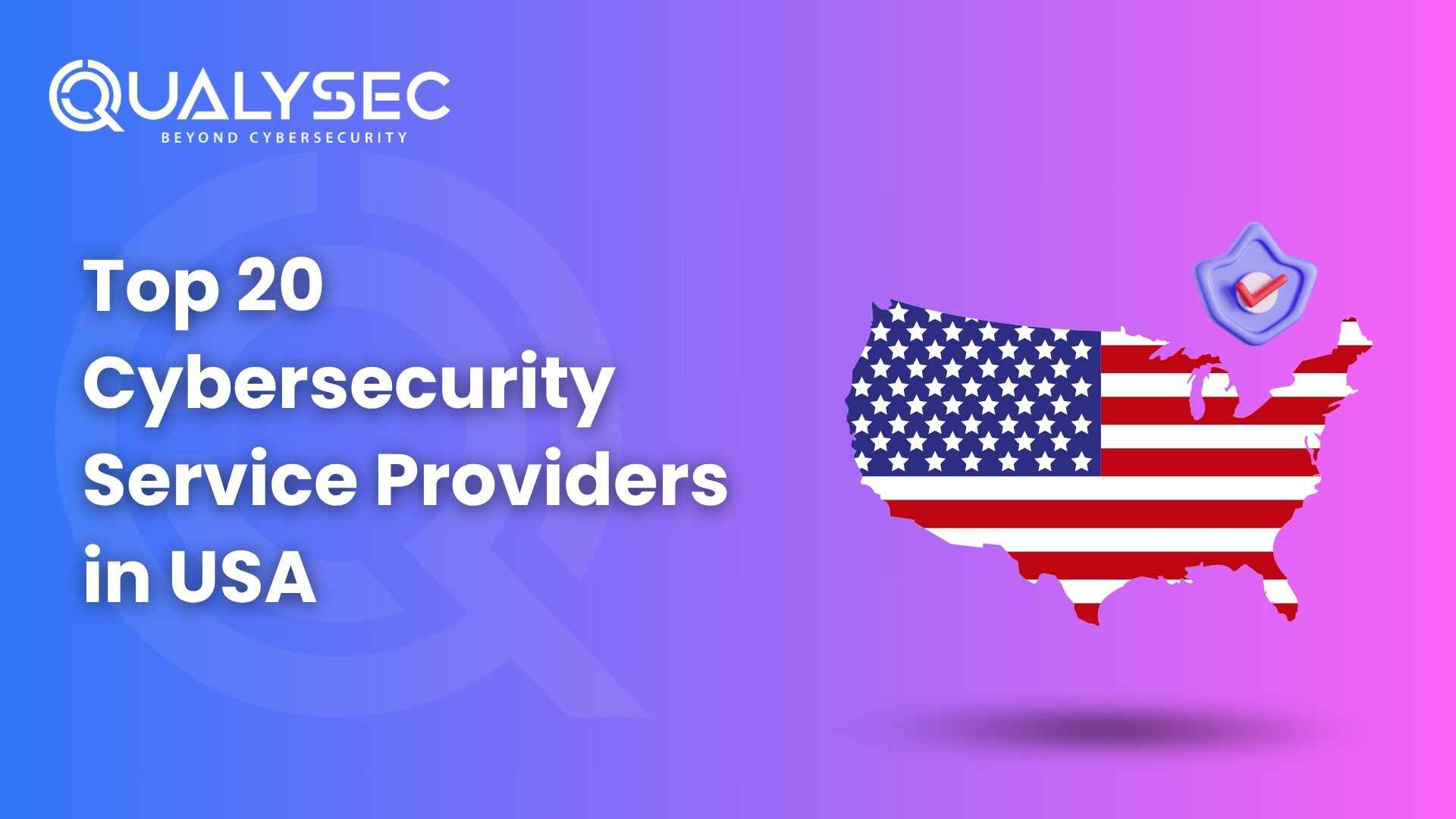












































































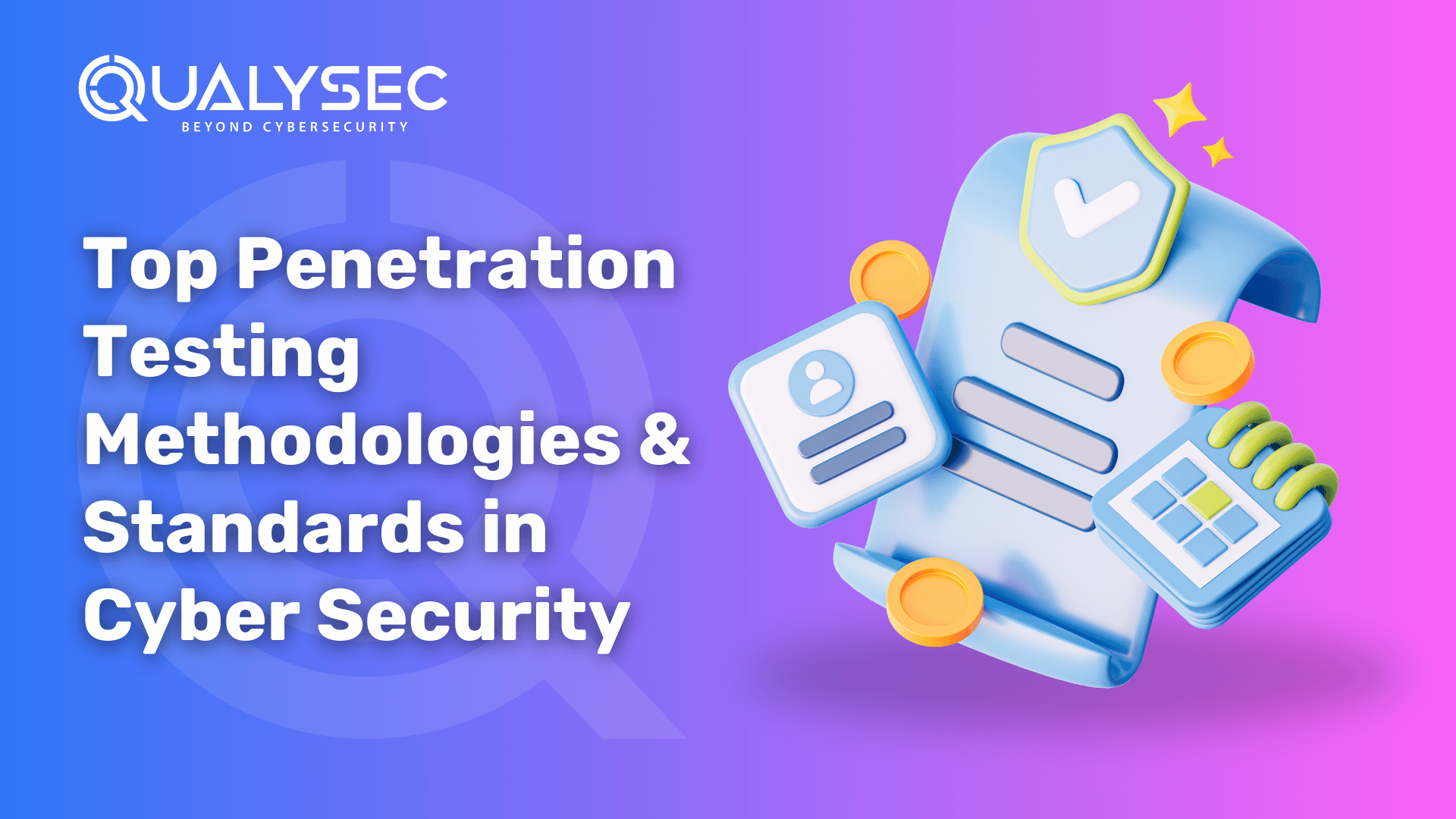











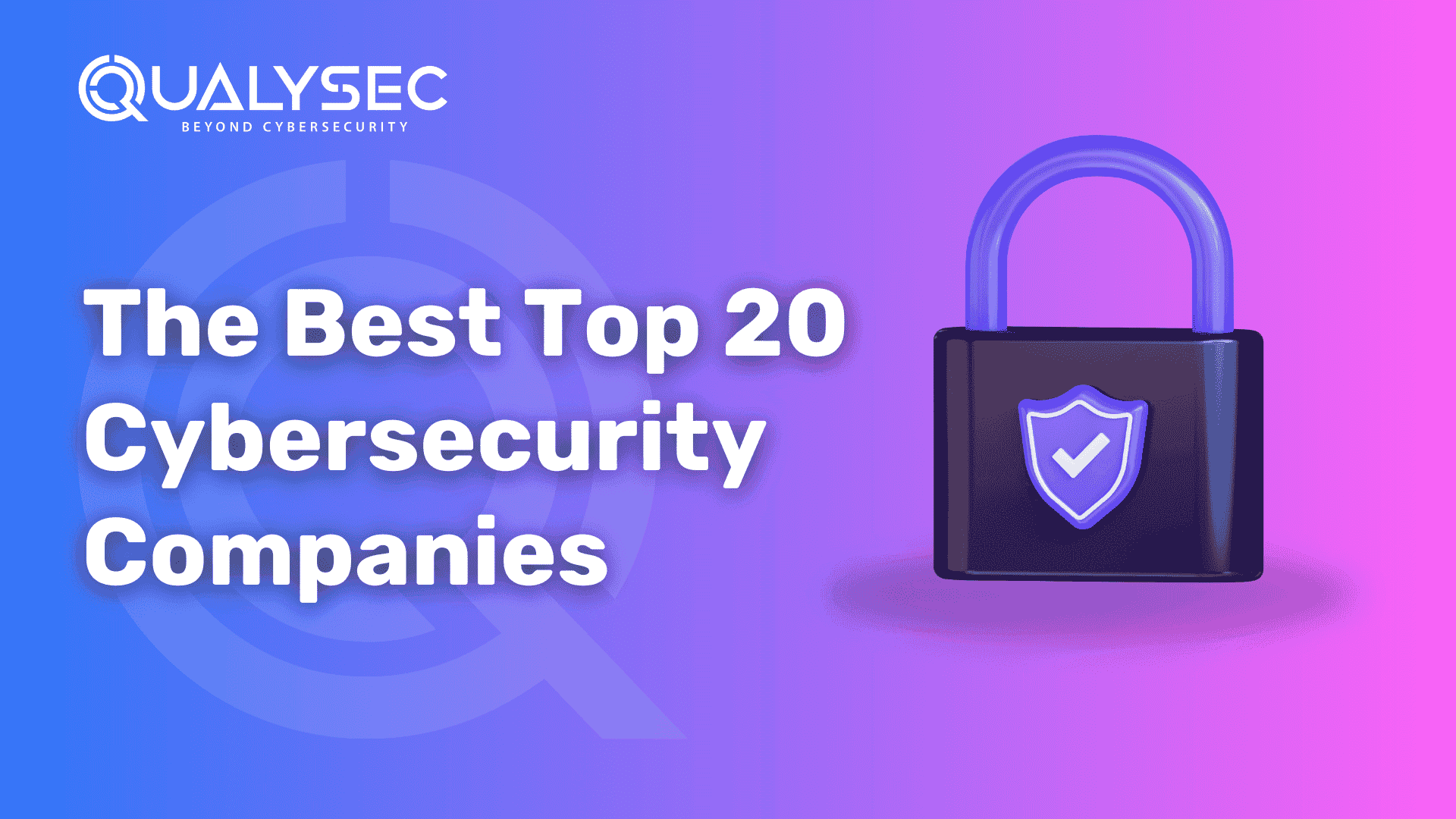
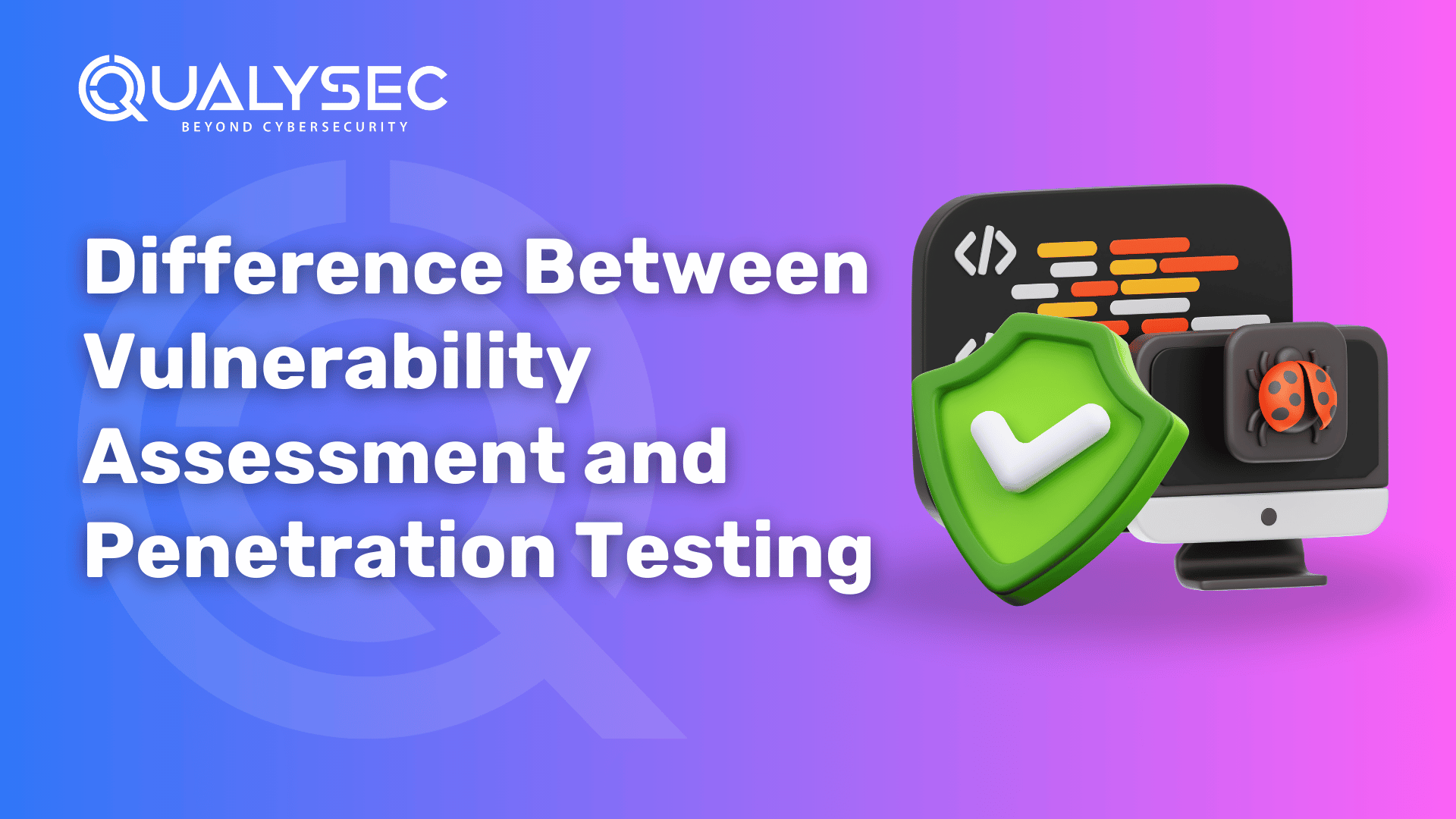


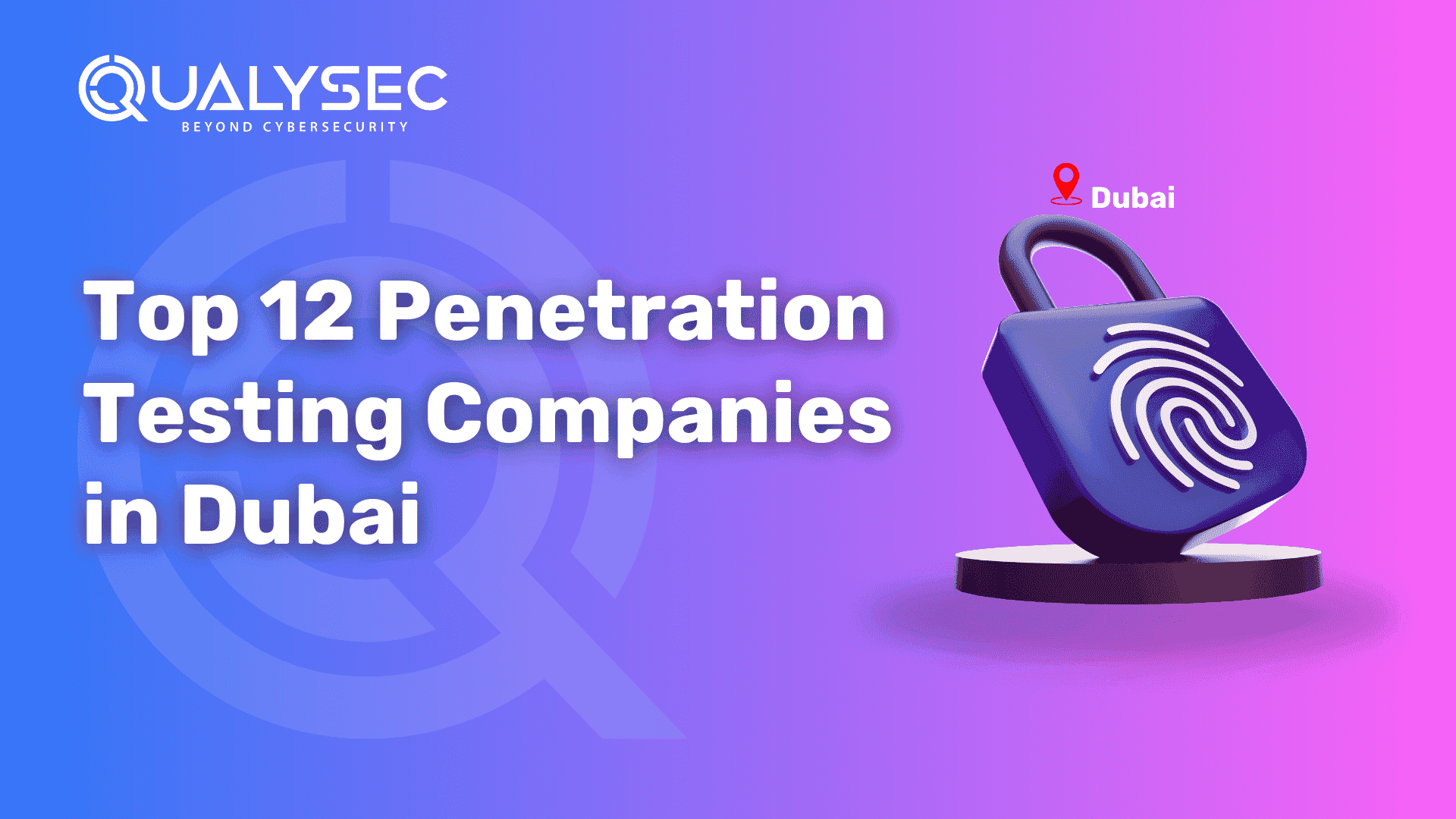


















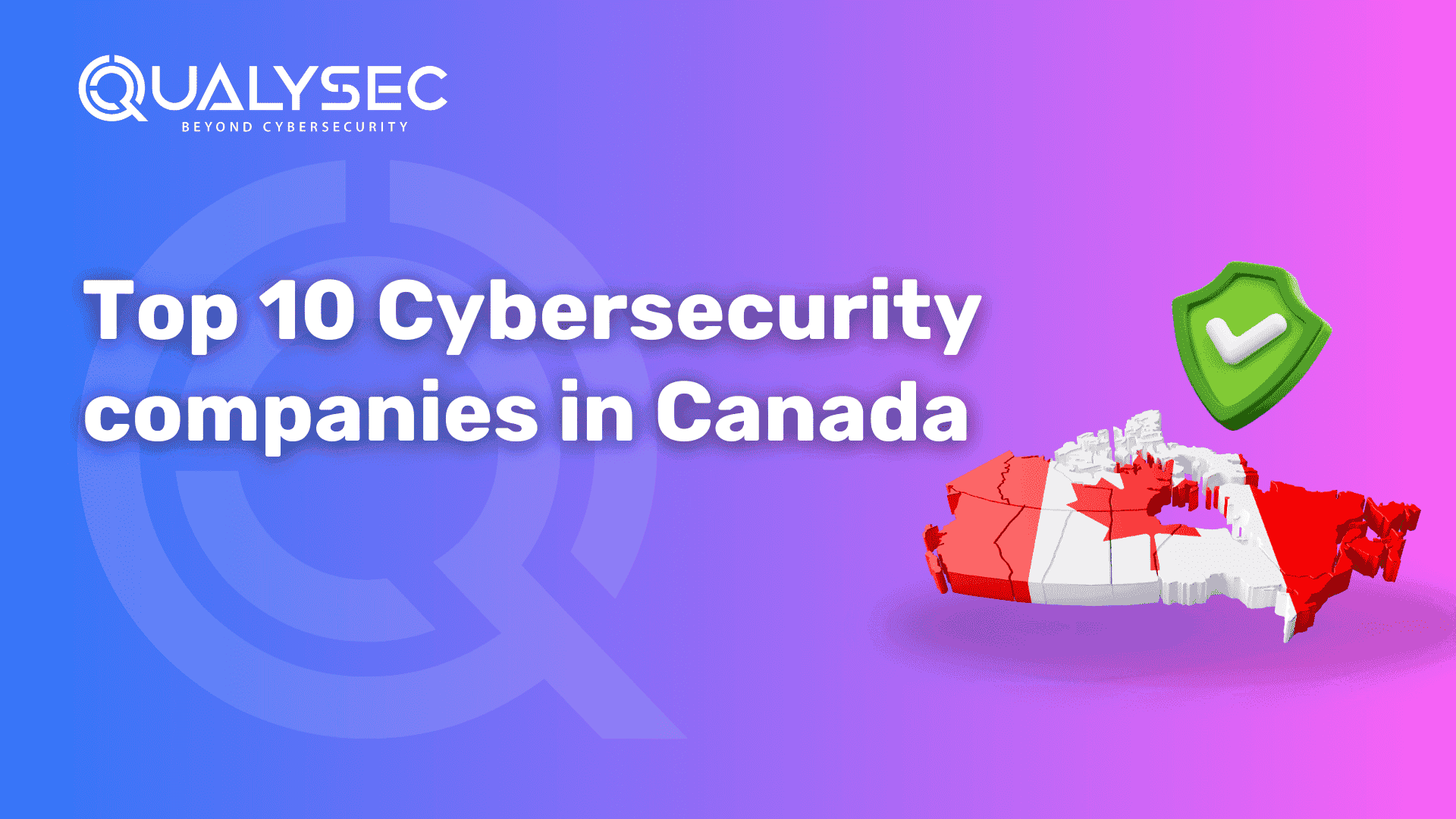




































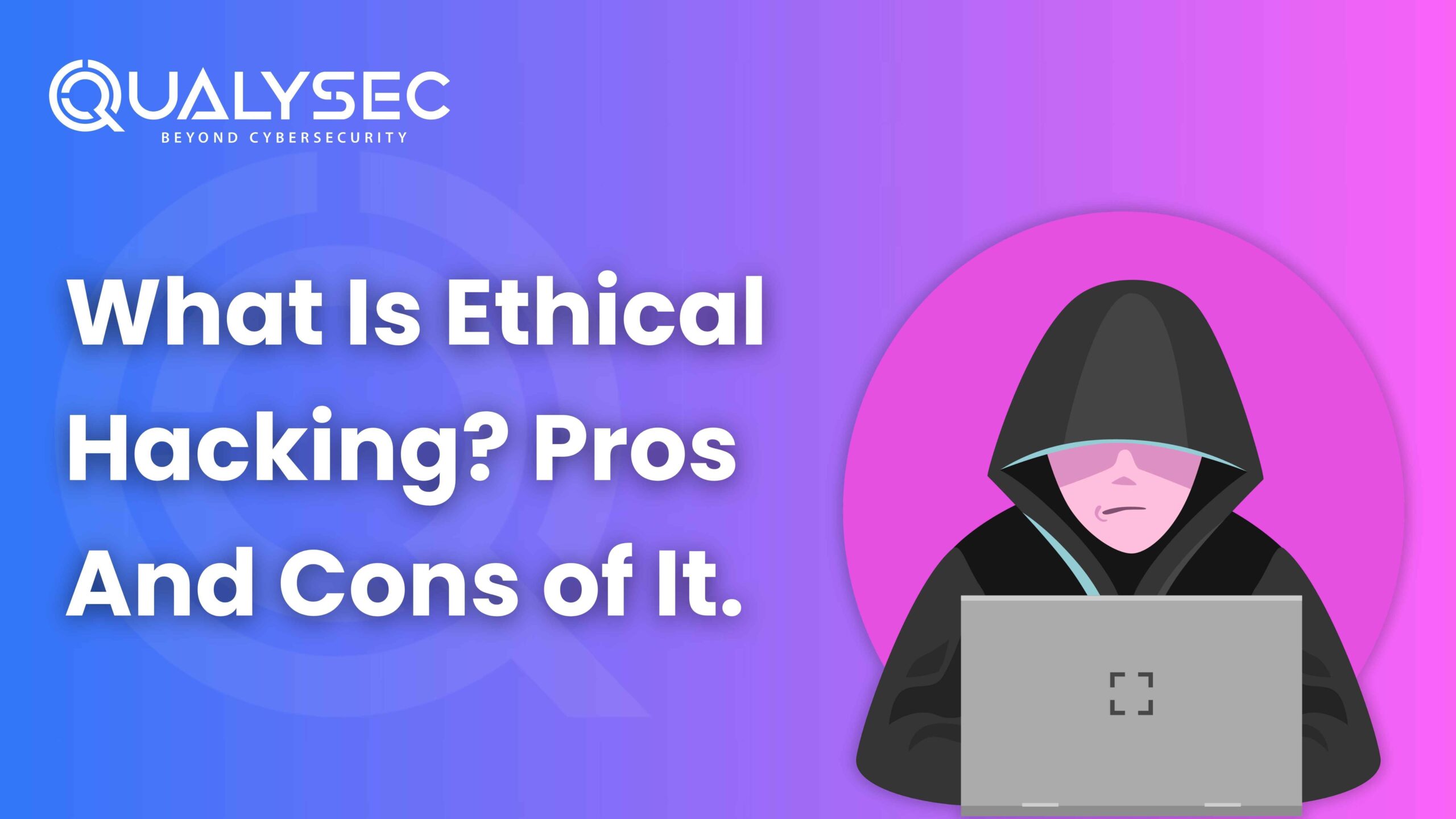








































0 Comments